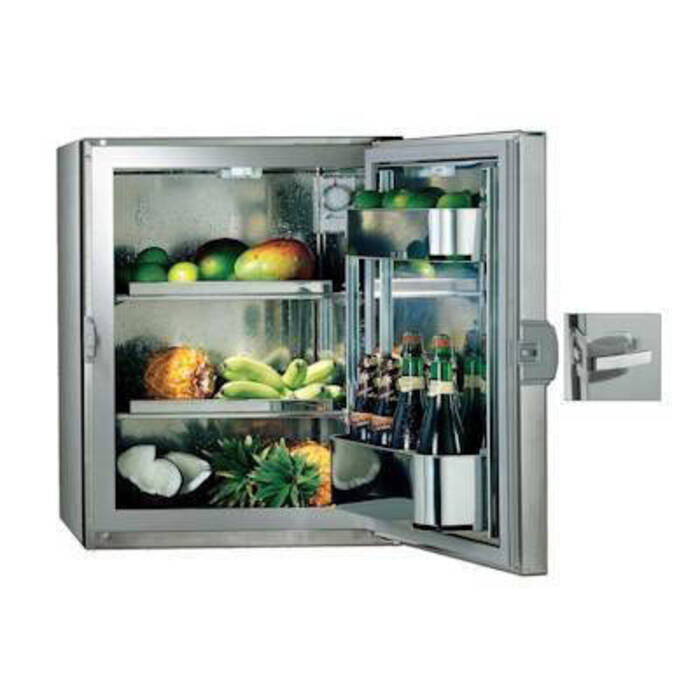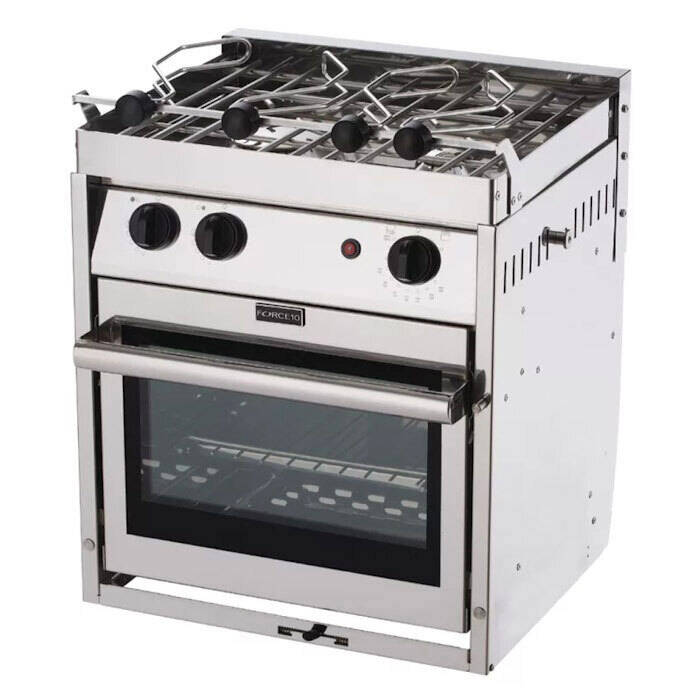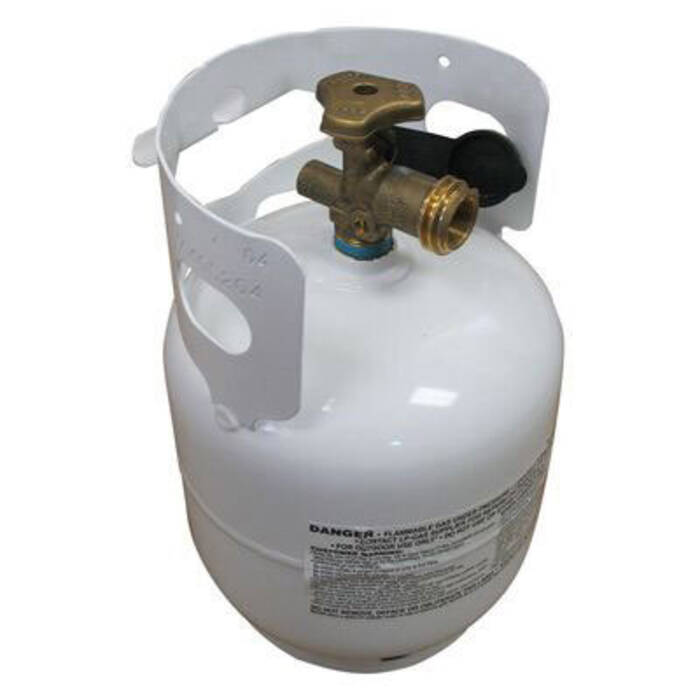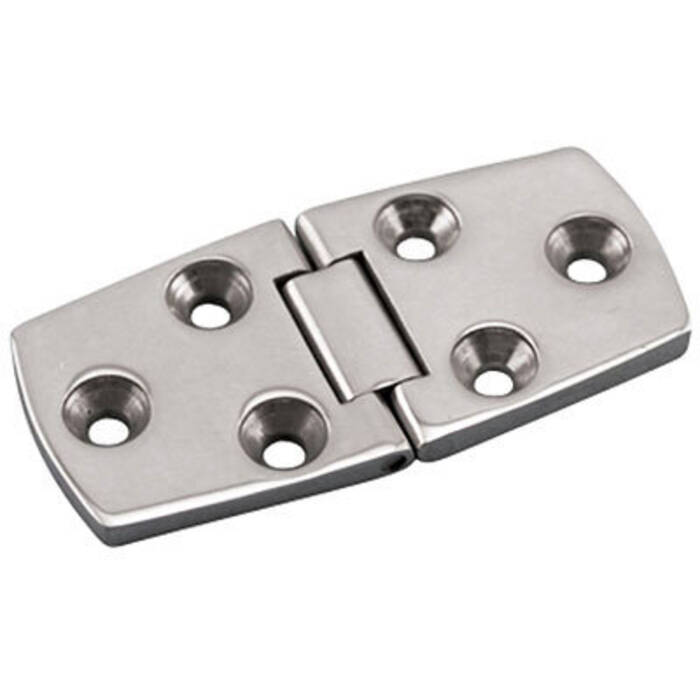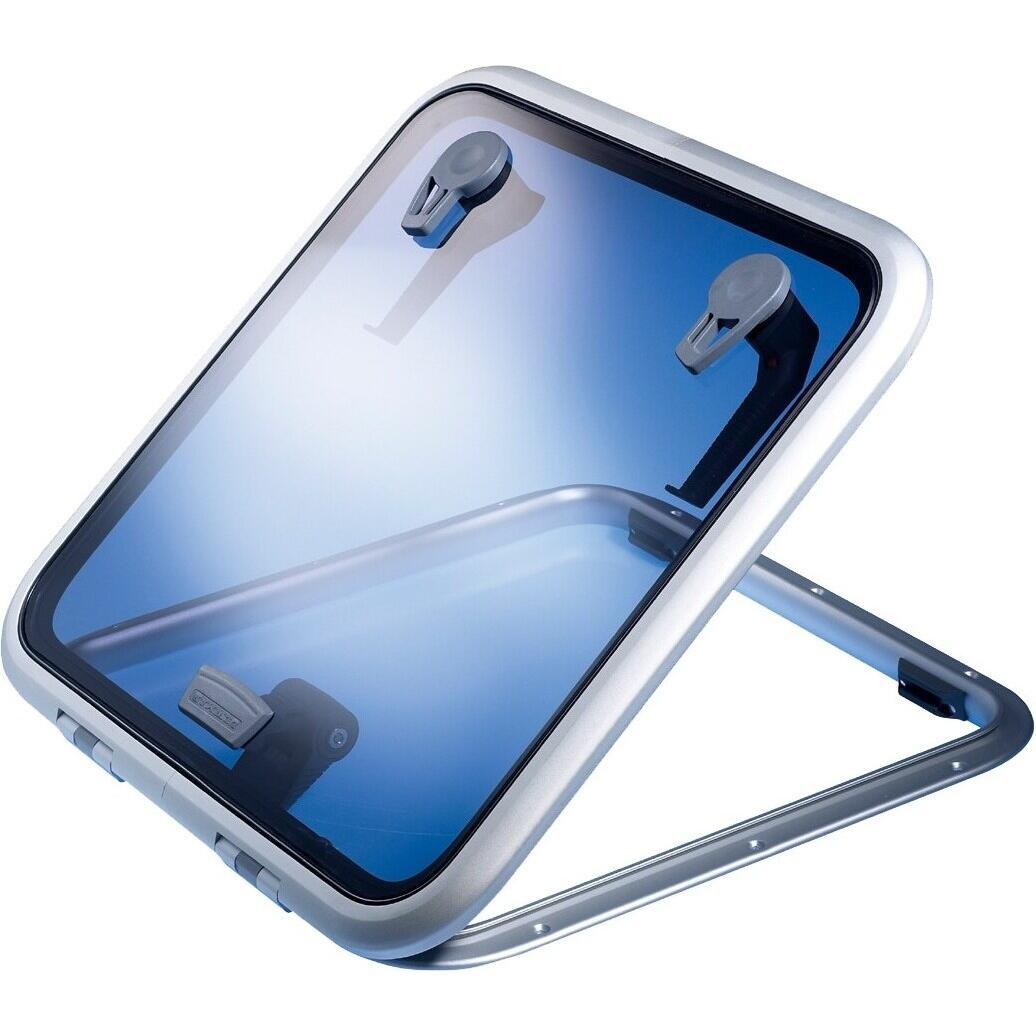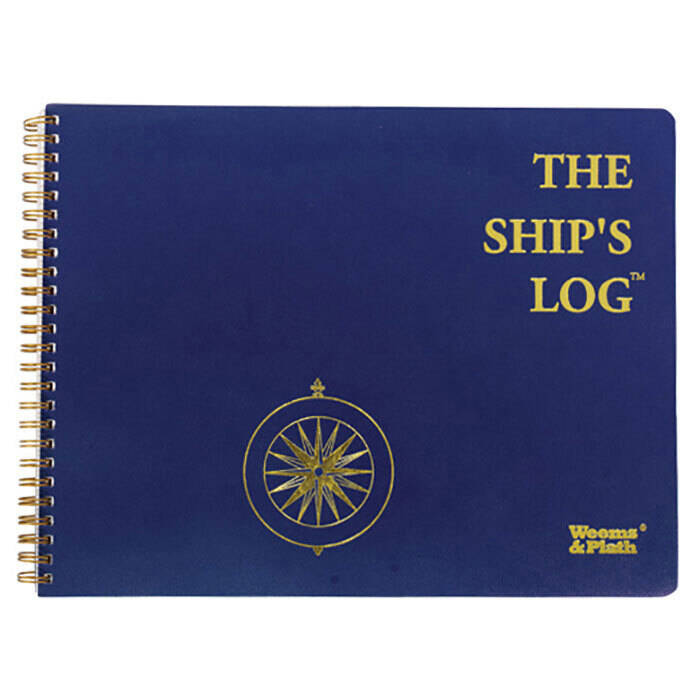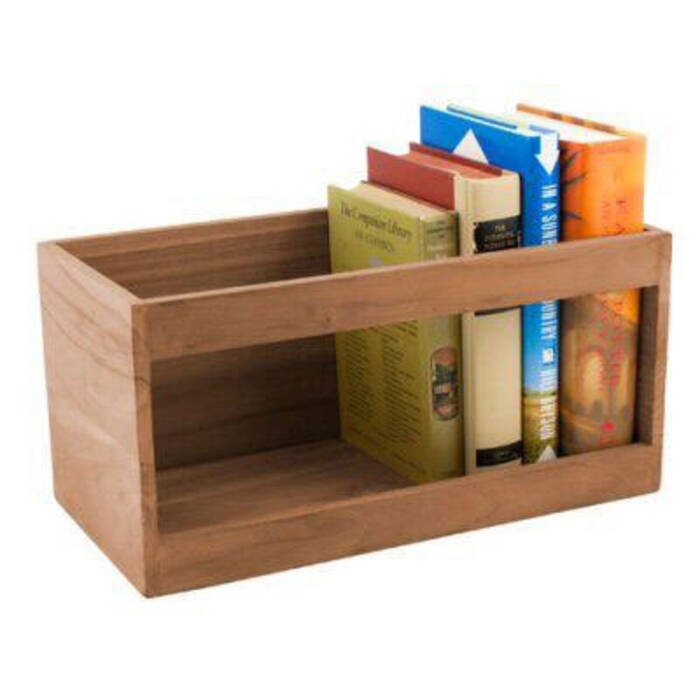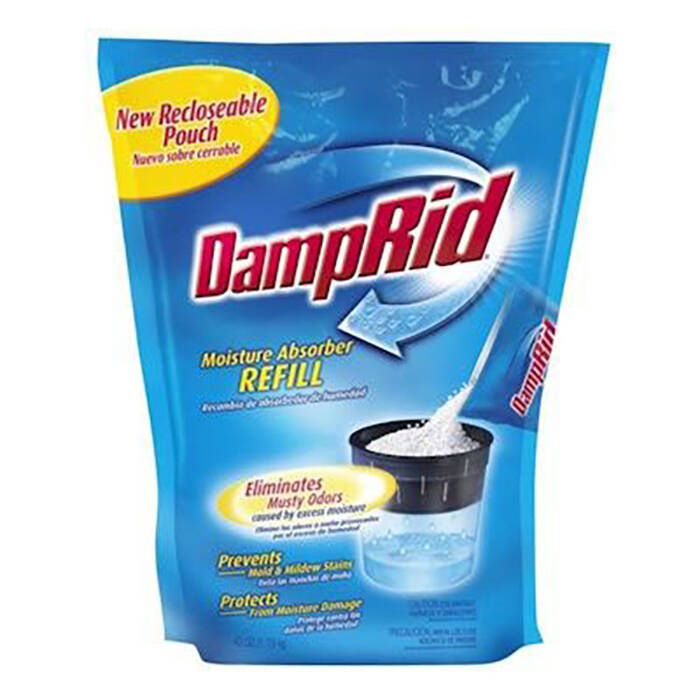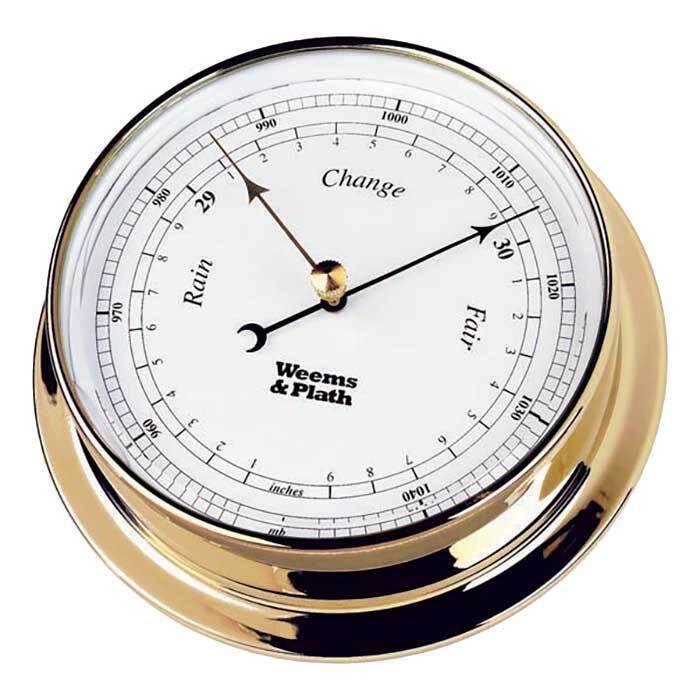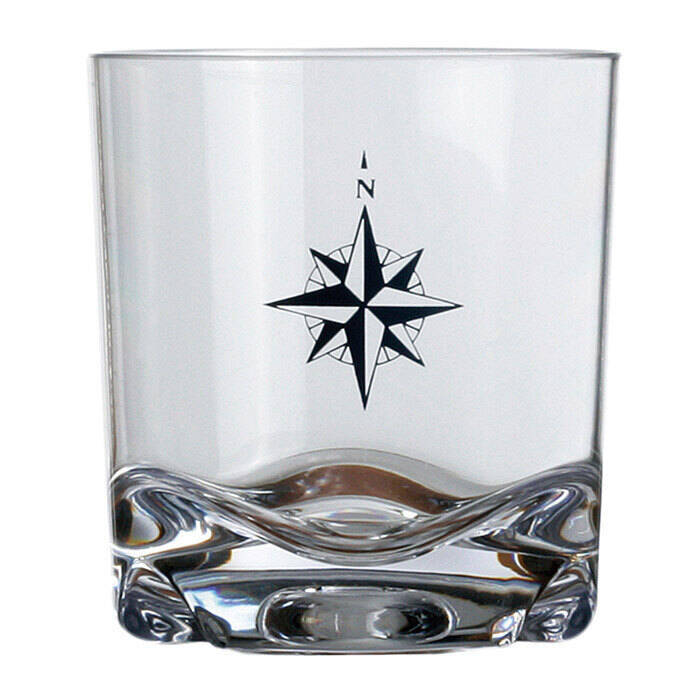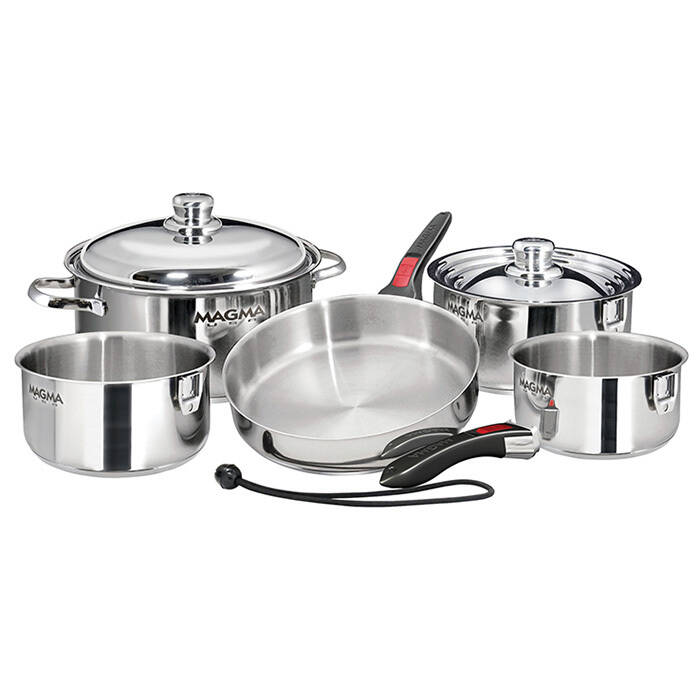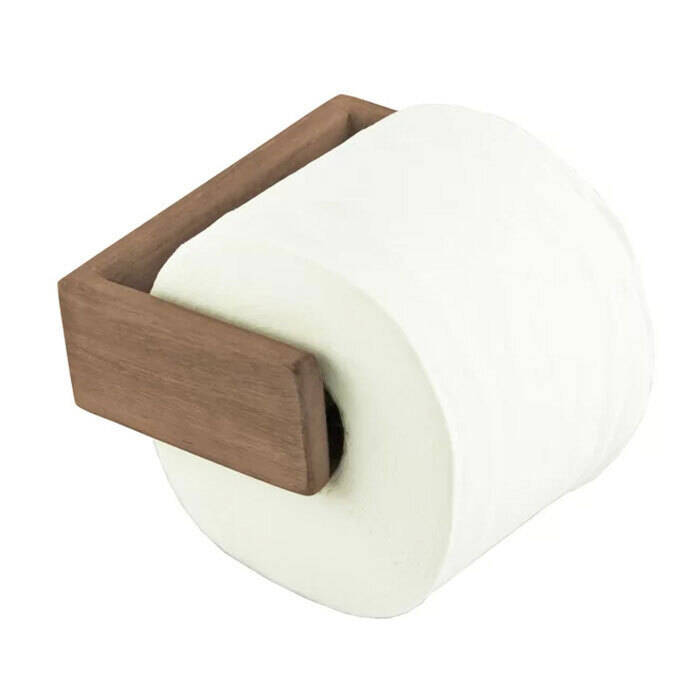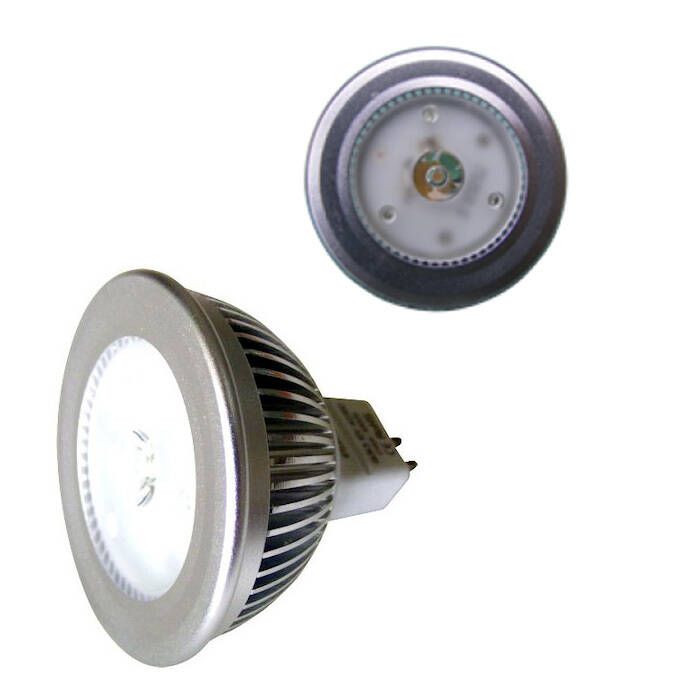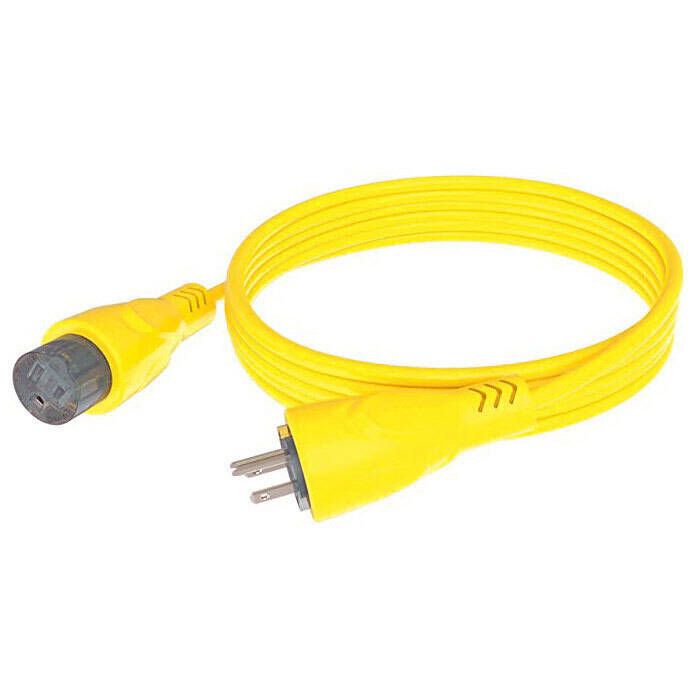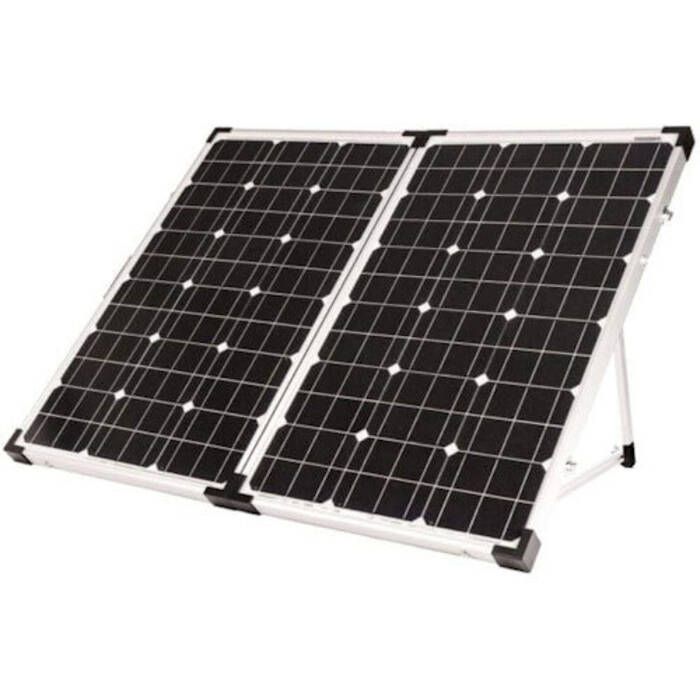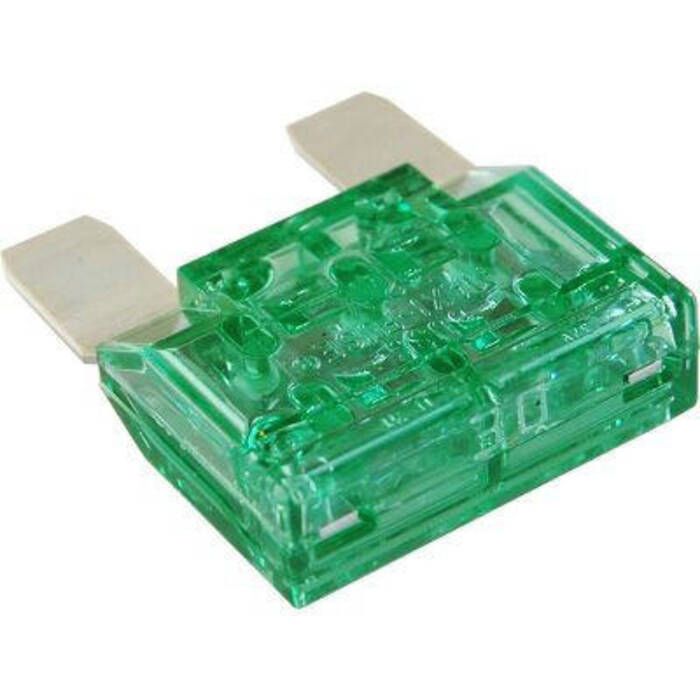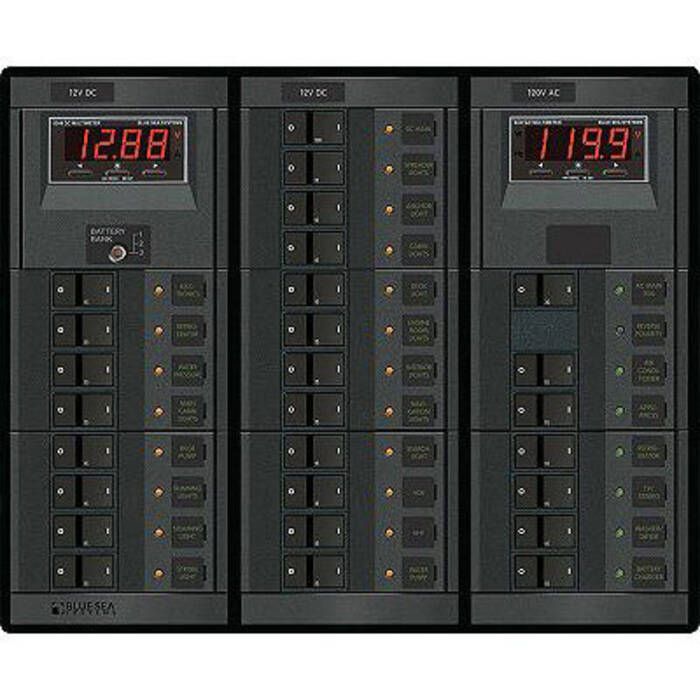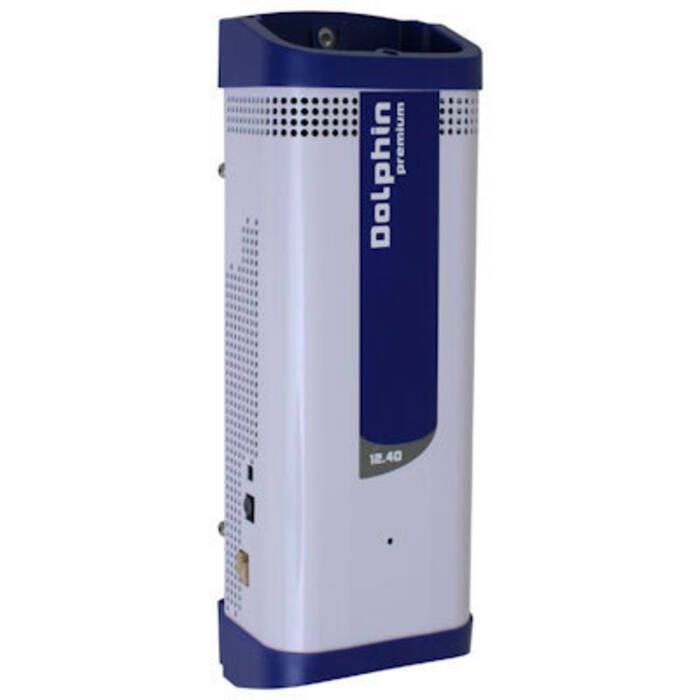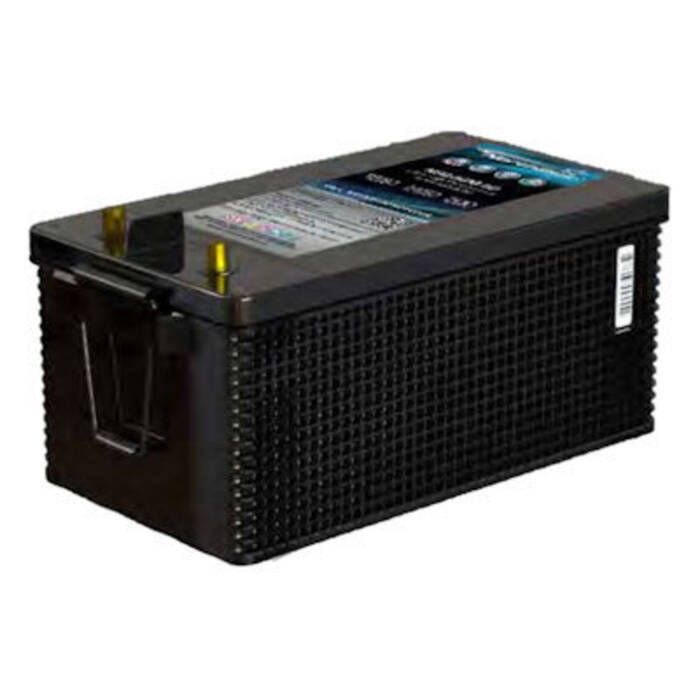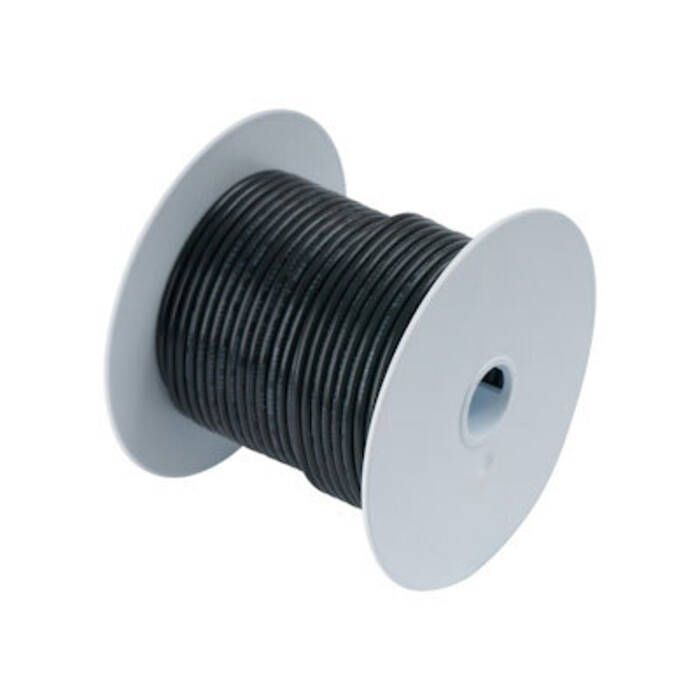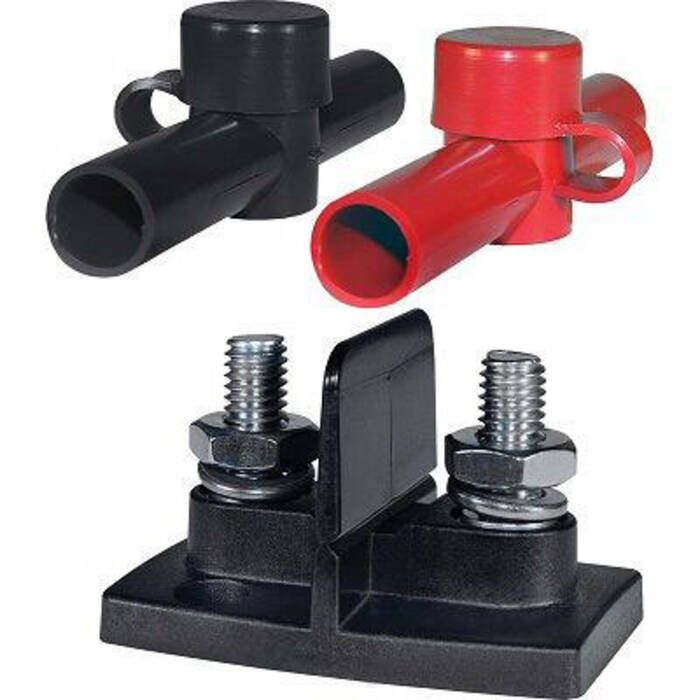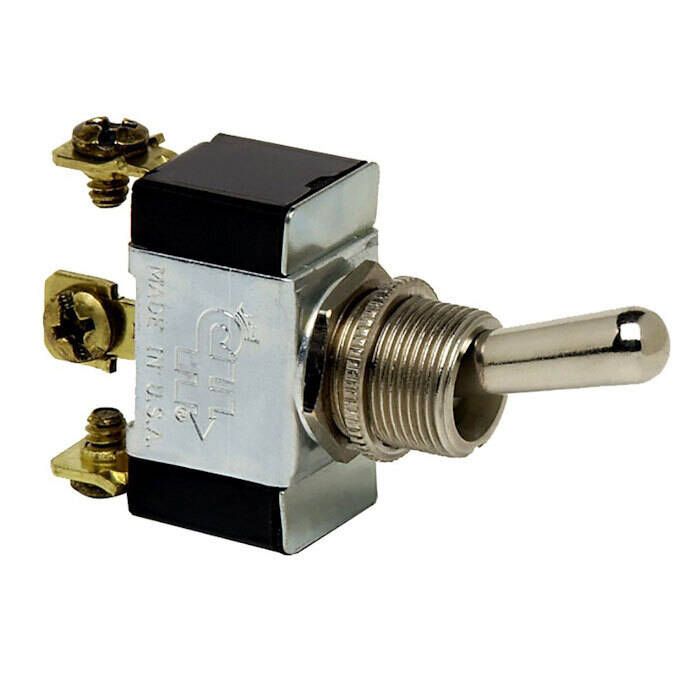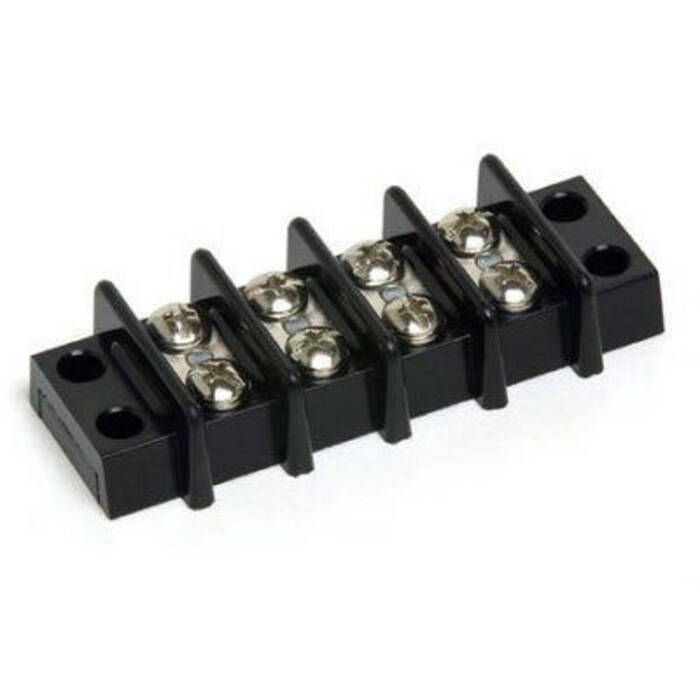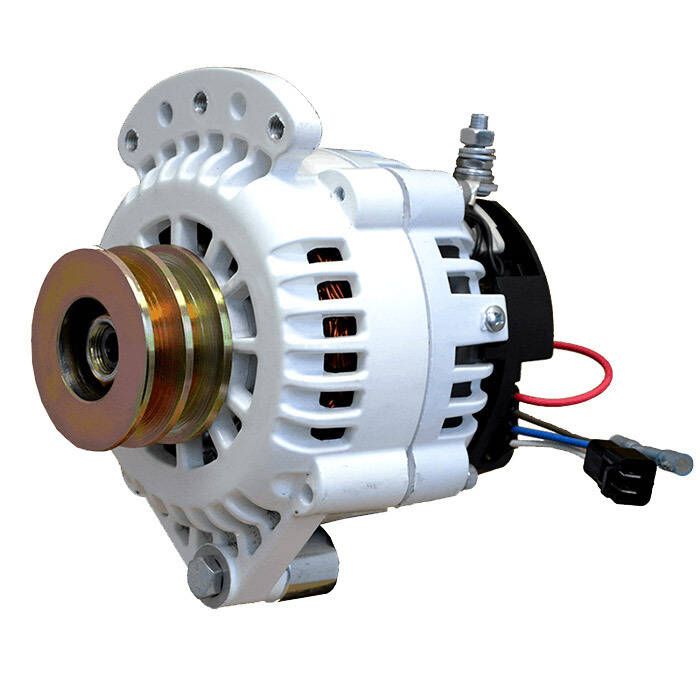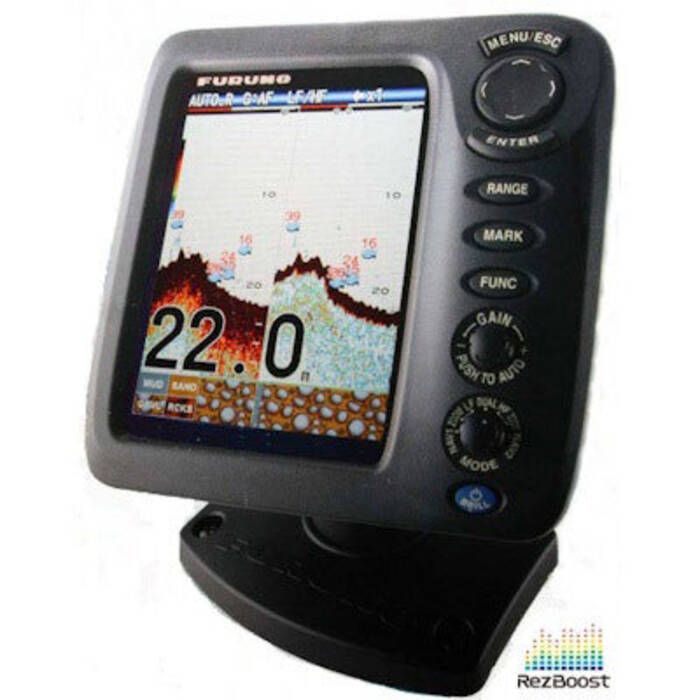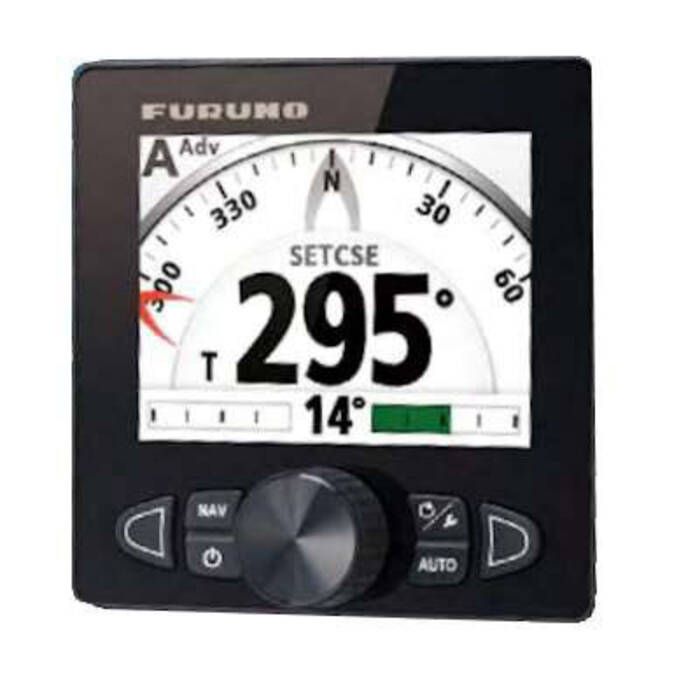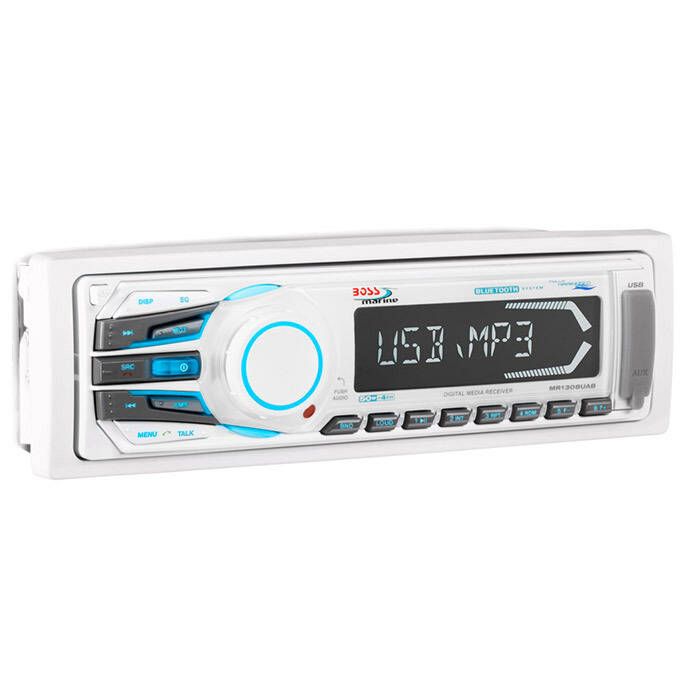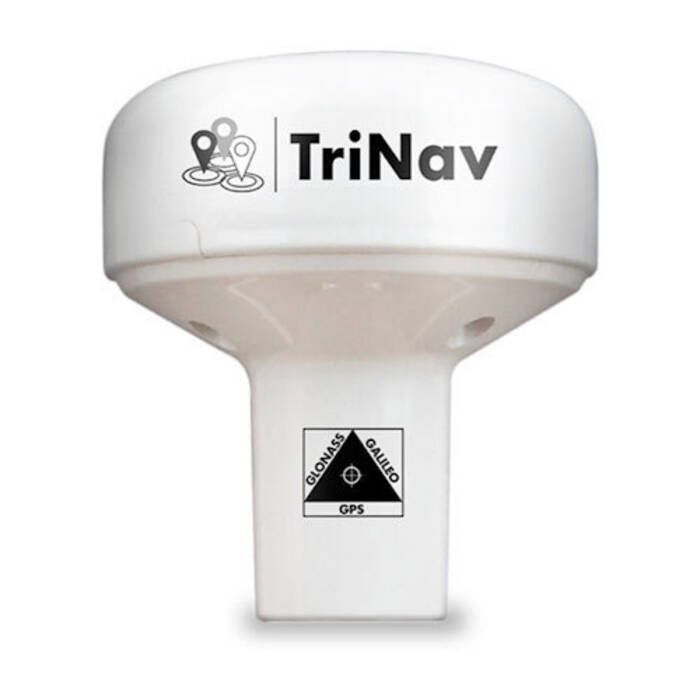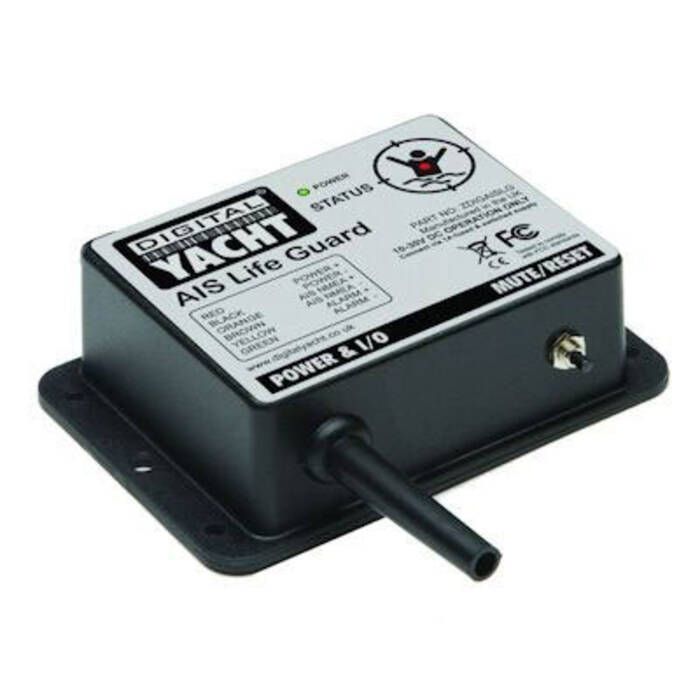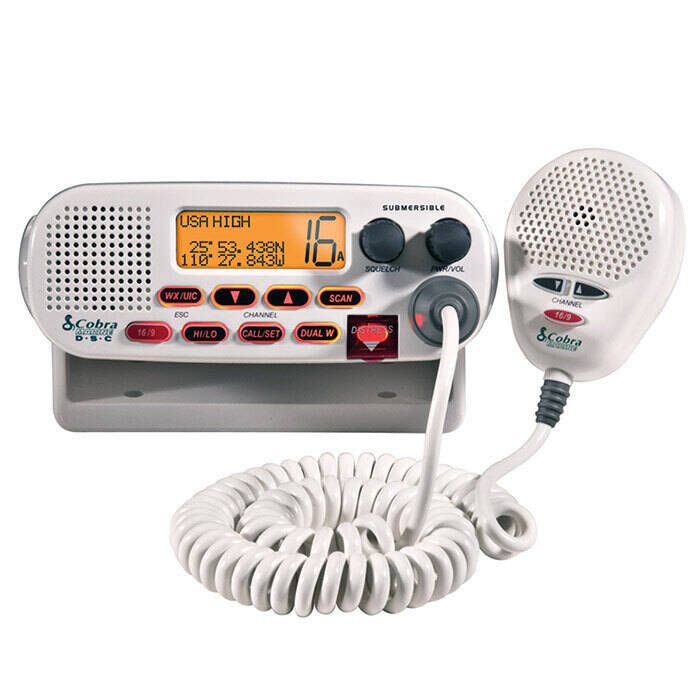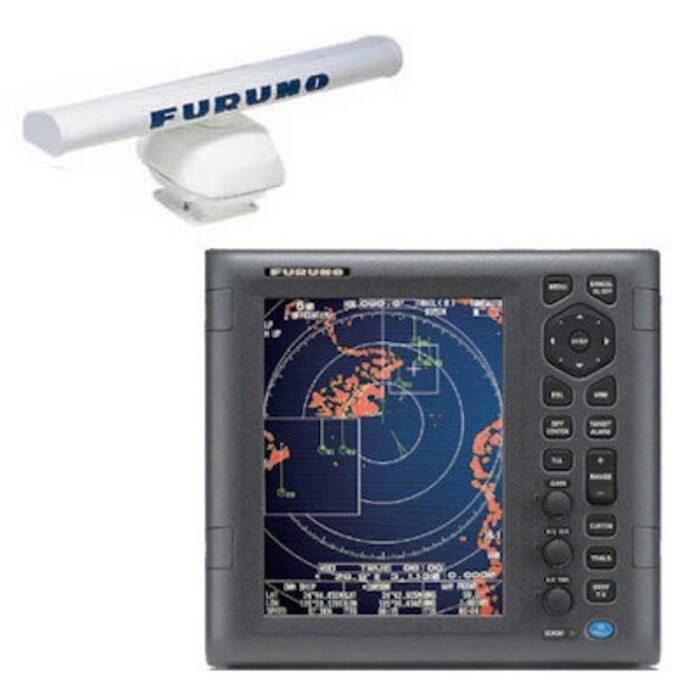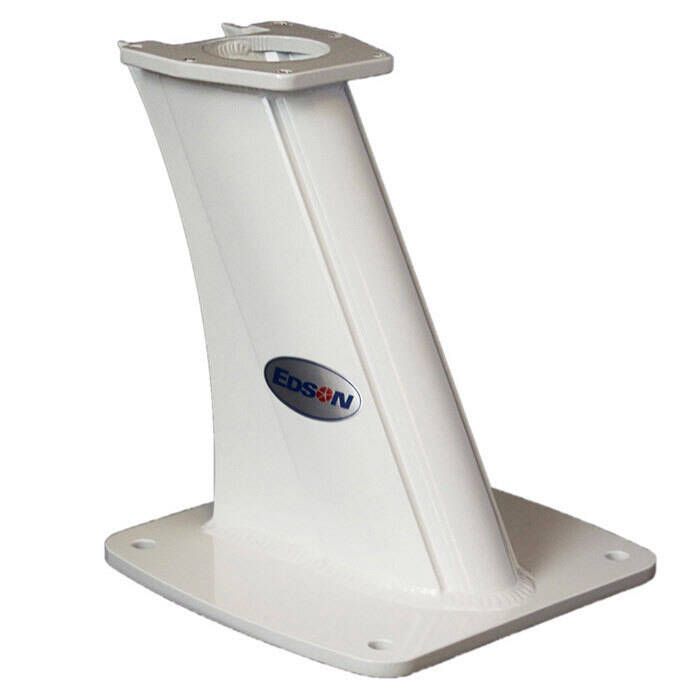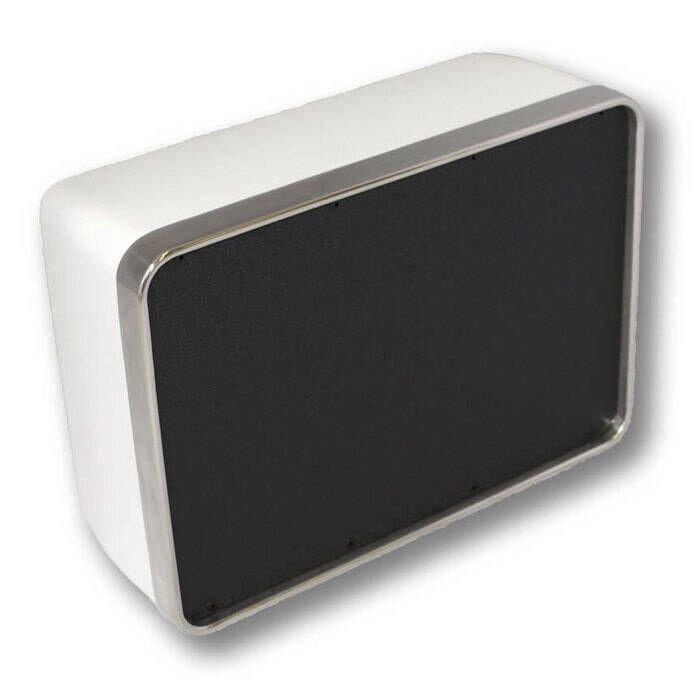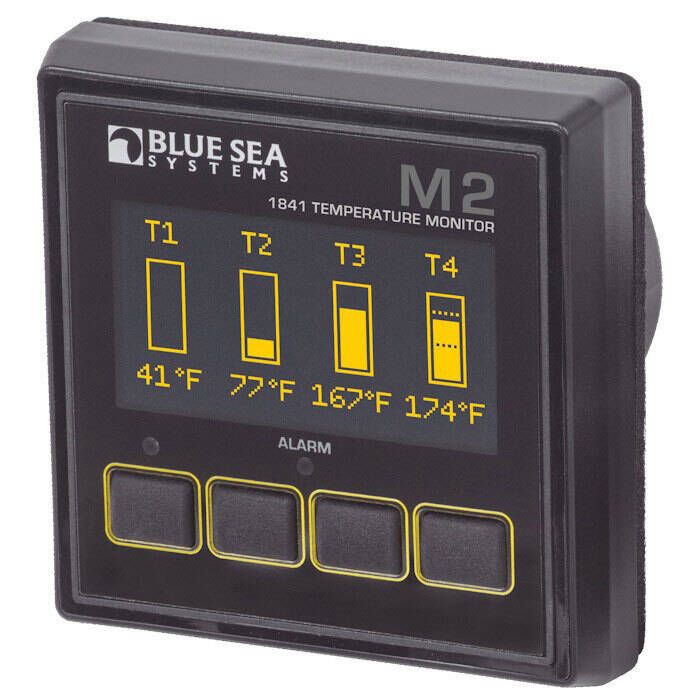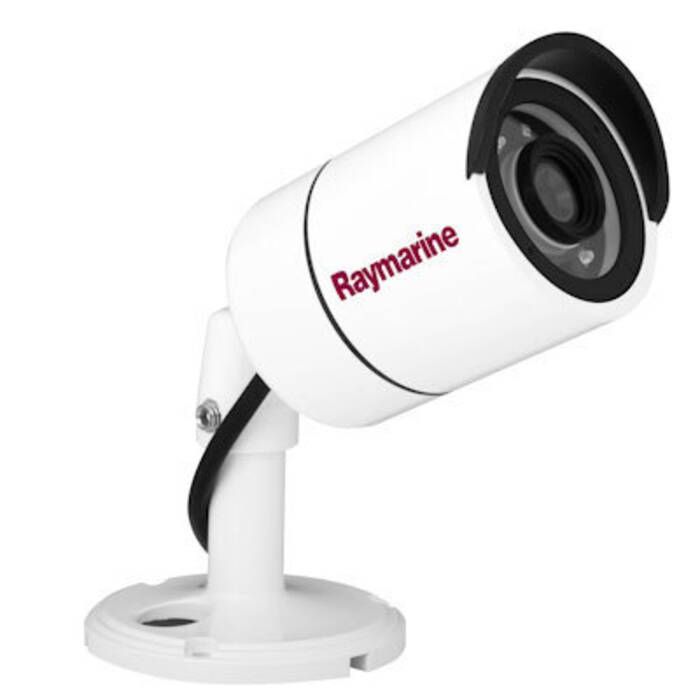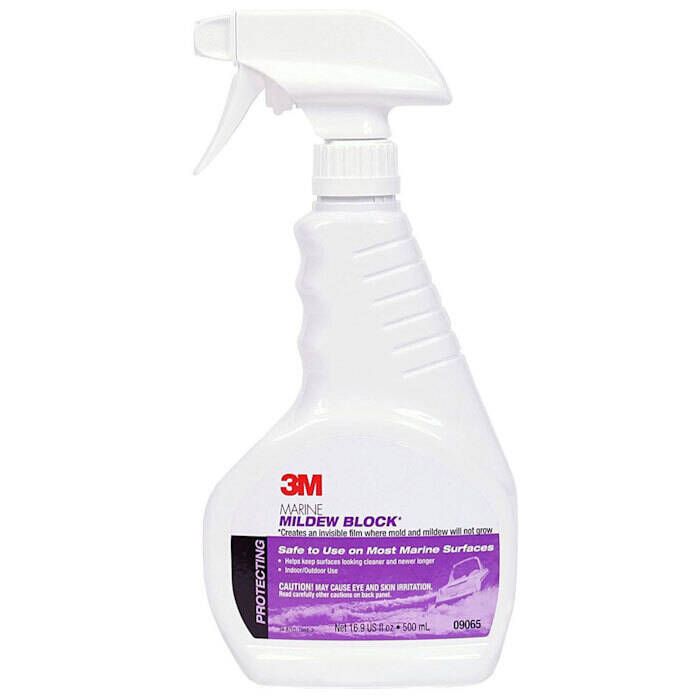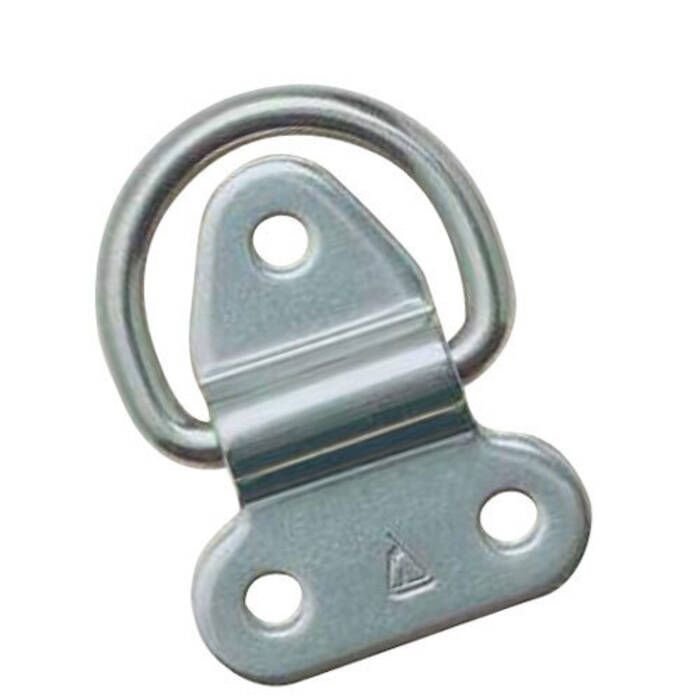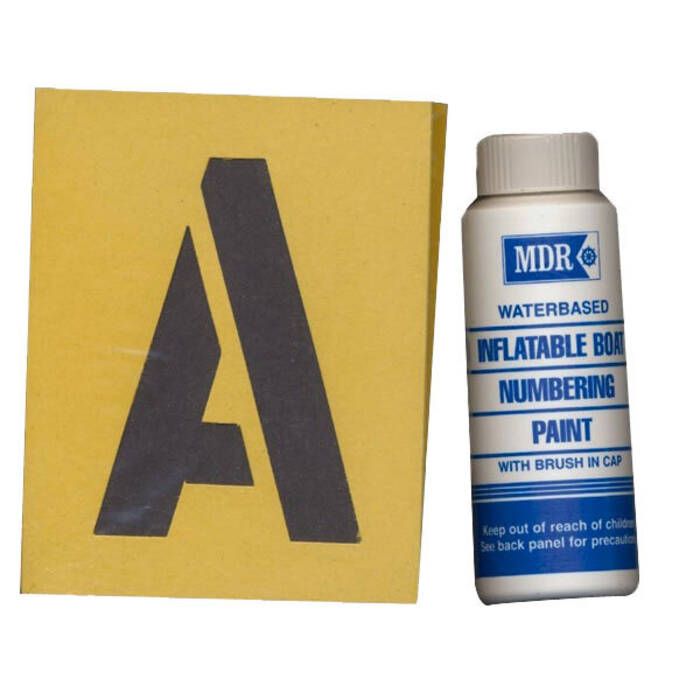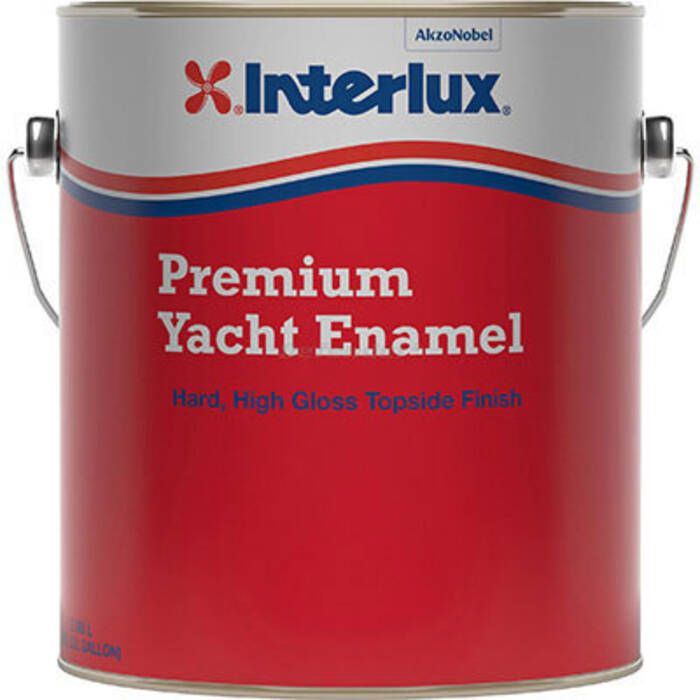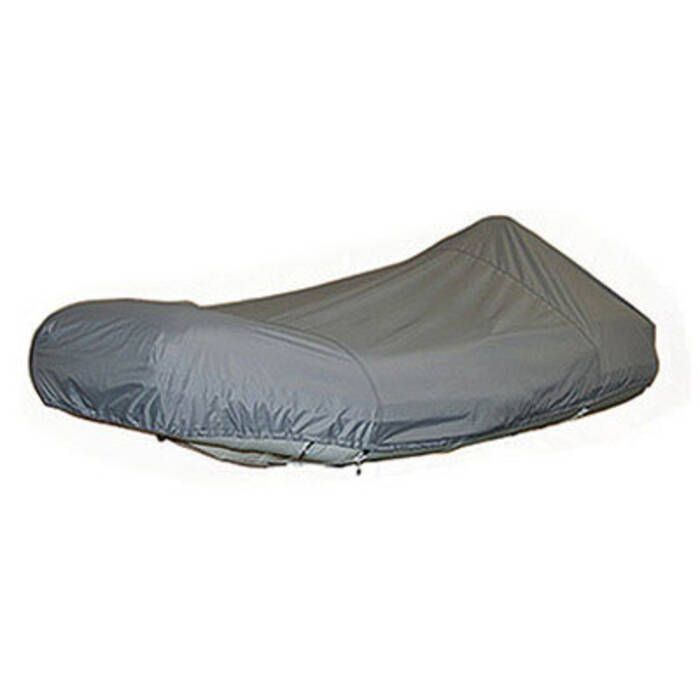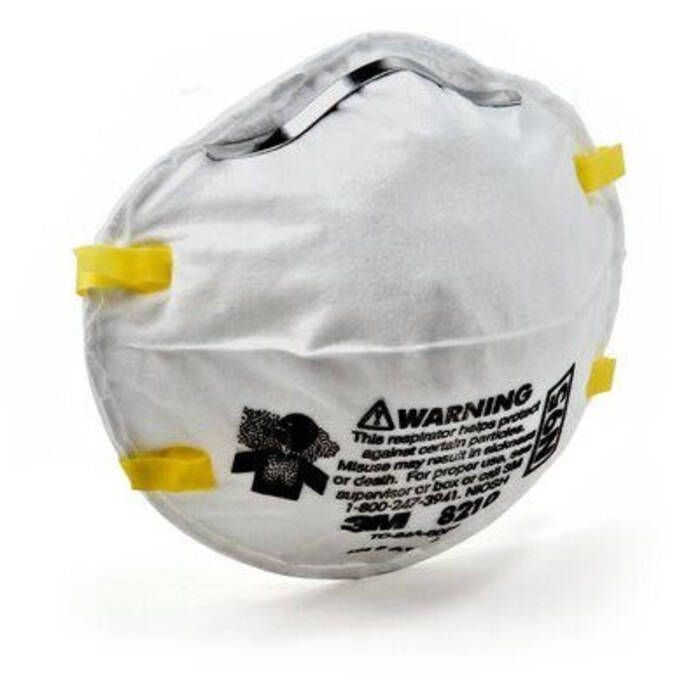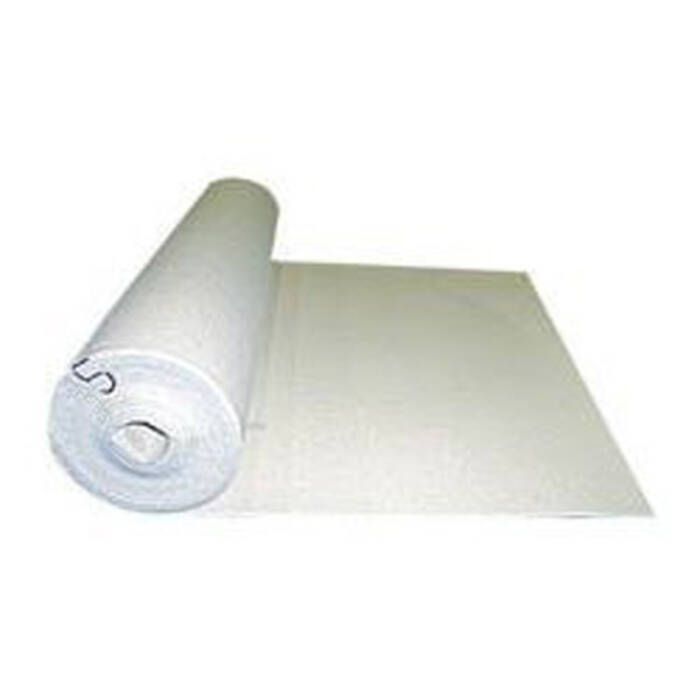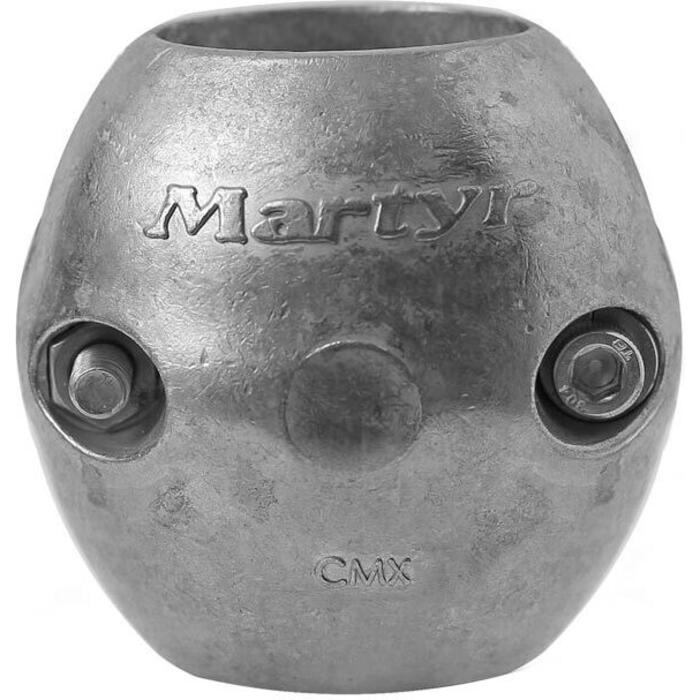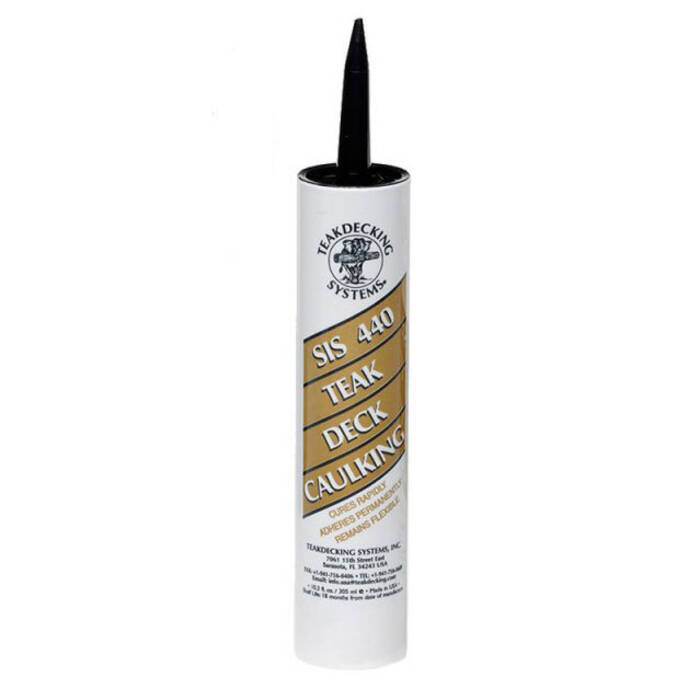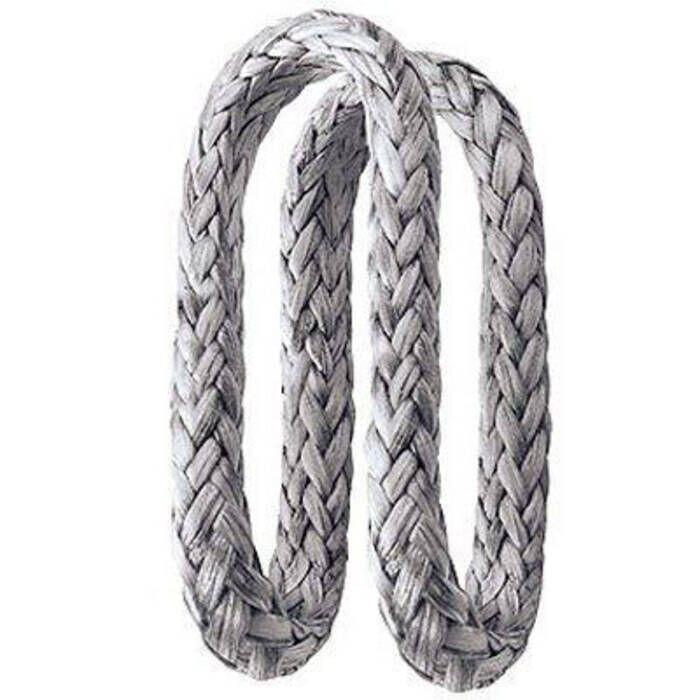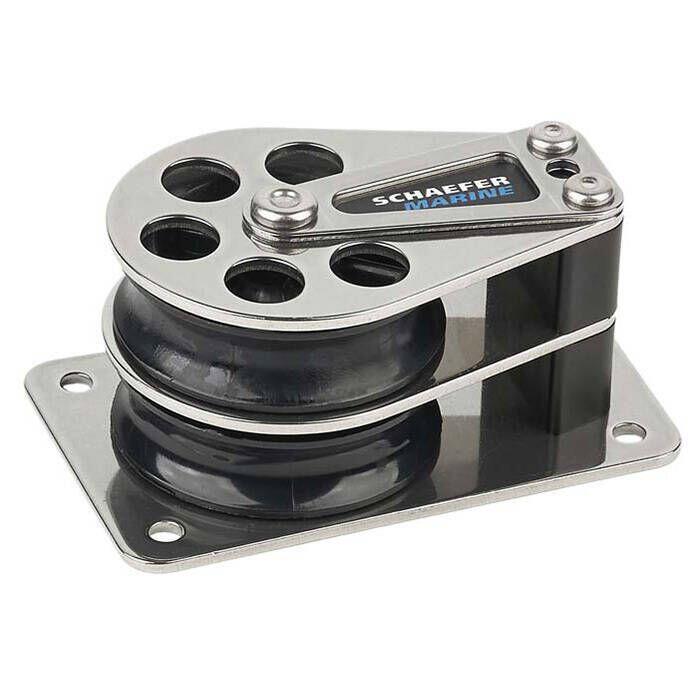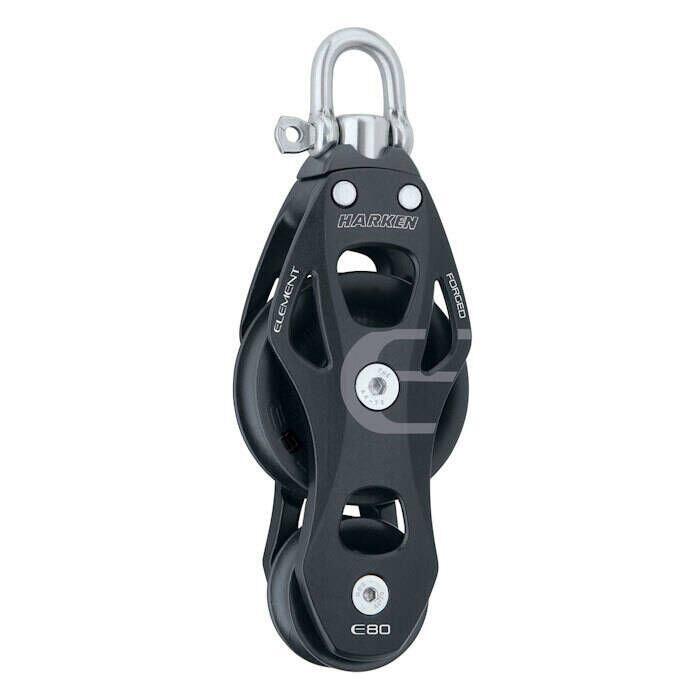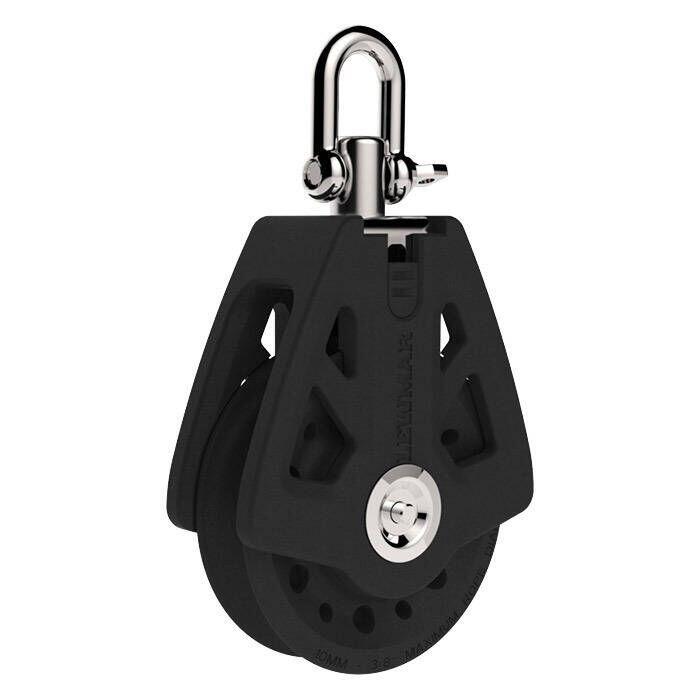Poulies
-

Harken - Bloc Simple à Cliquet avec Émerillon Carbo Air - 75 mm (2 15/16") - 2670
145,76 $ -

Harken - Poulie Violon Carbo Air - 40 mm (1 9/16") - 2658
202,16 $ -
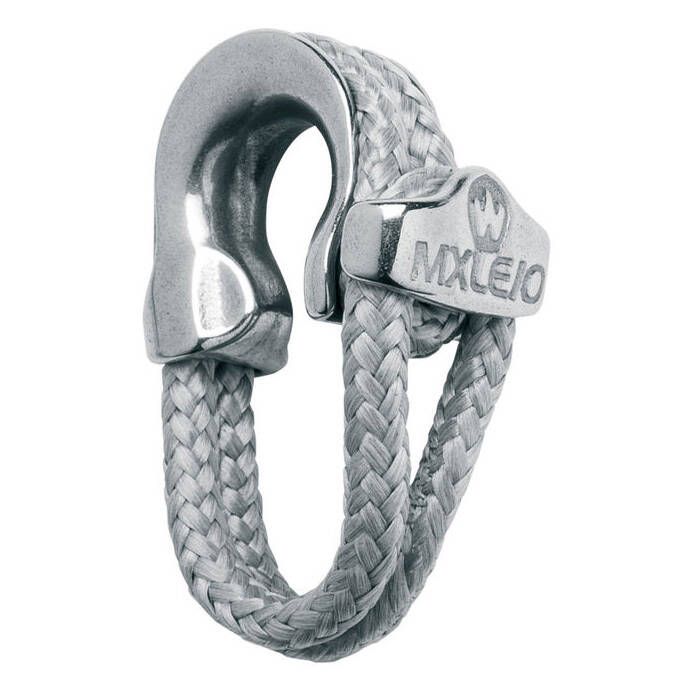
Wichard - Poulie Souple MXLEvo
92,23 $ - 188,11 $ -

Harken - Poulie à Sortie Simple Protexit
130,25 $ - 224,72 $ -

Harken - Poulie Élément en Aluminium avec Émerillon - 45 mm (1 3/4") - 6236
146,04 $ -
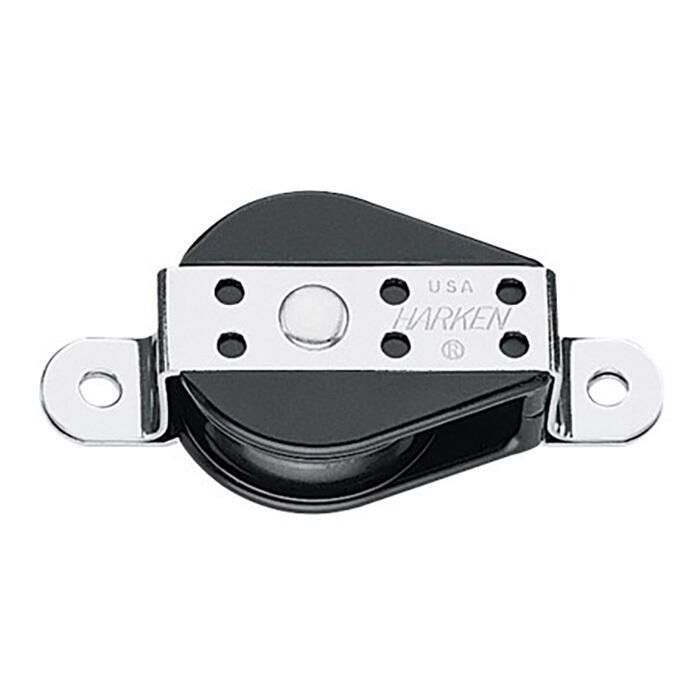
Harken - Grande Poulie Latérale Bullet - 38 mm (1 1/2") - 132
45,70 $ -

Barton - Poulie Triple Taille 3
60,76 $ - 142,92 $ -
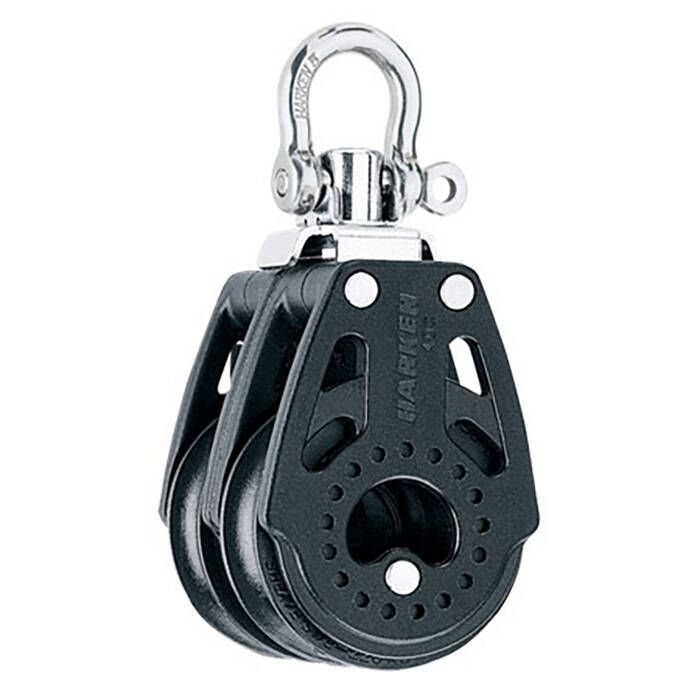
Harken - Bloc Double Carbo Air avec Émerillon - 40 mm (1 9/16") - 2638
120,38 $ -

Harken - Poulie Violon Carbo Air - 57 mm (2 1/4") - 2621
93,59 $ -

Harken - Poulie Simple avec Fixation Souple T2 - 57 mm (2 1/4") - 2152
75,26 $ -
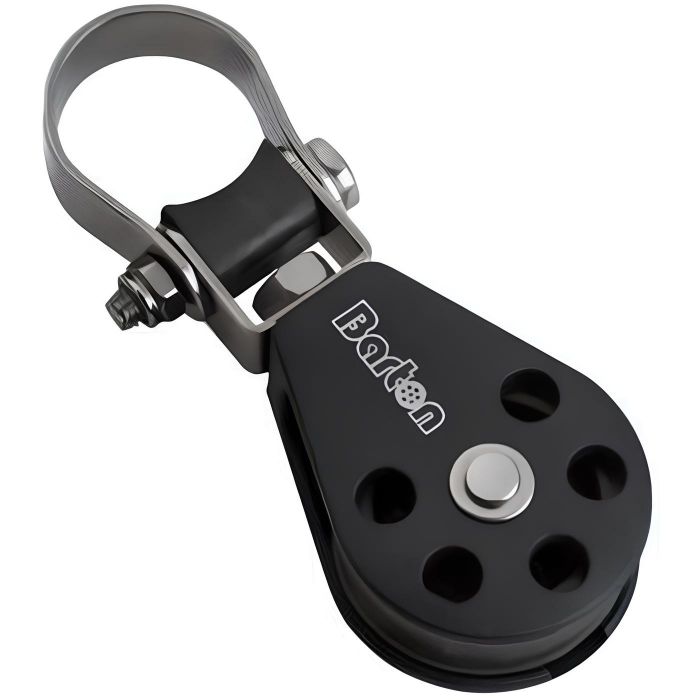
Barton - Poulie Simple de Guidage de Chandelier Taille 3
43,79 $ - 125,81 $ -
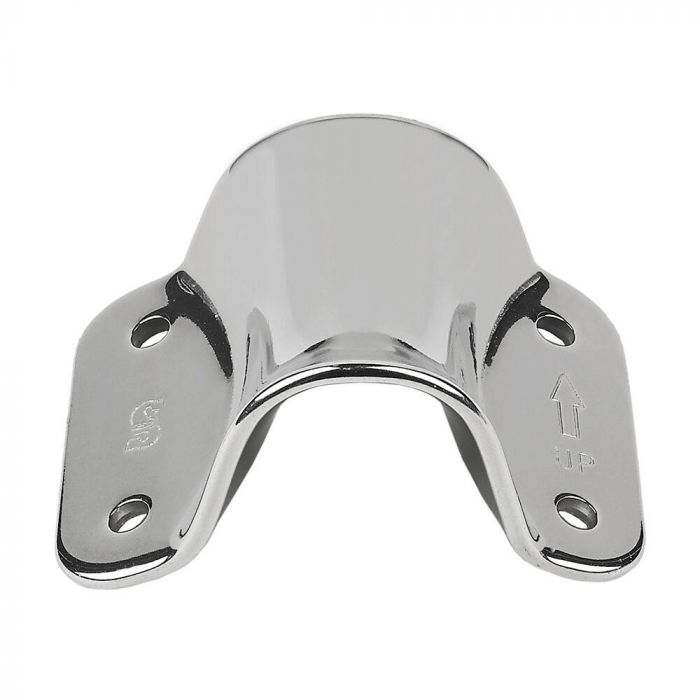
Schaefer - Retenue de Drisse
37,24 $ - 61,23 $ -

Harken - Poulie Élément en Aluminium - 60 mm (2 3/8") - 6262
135,25 $ -

Lewmar - Poulie Simple de Course Haute Charge
619,57 $ - 993,22 $ -
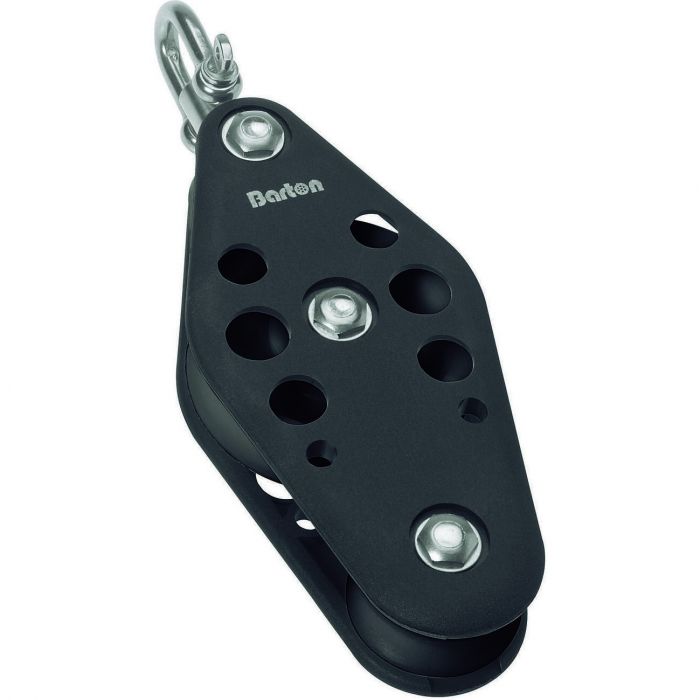
Barton - Poulie Violon Taille 2
32,07 $ - 177,44 $ -

Schaefer - Poulie Pivotante Verticale Série 5 - 505-62
237,46 $ -
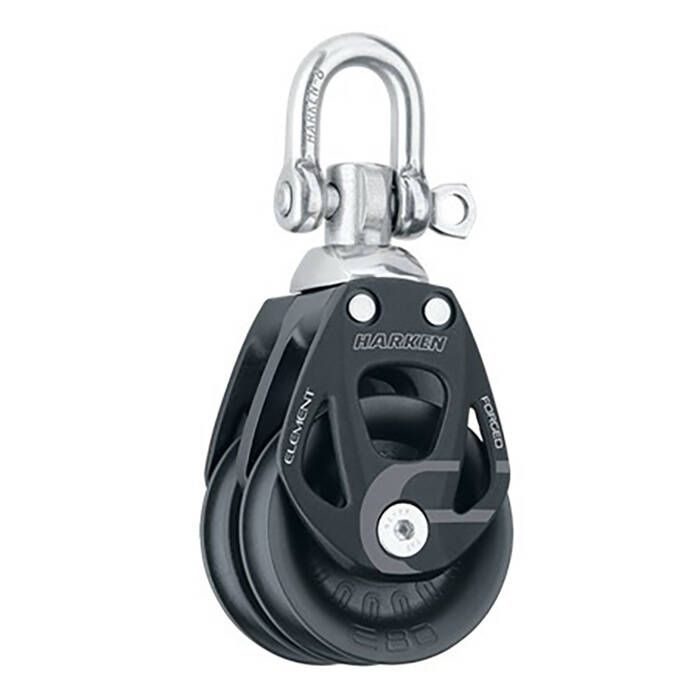
Harken - Poulie Double en Aluminium Element avec Émerillon - 80 mm (3 1/8") - 6296
305,66 $ -

Wichard - Poulie Ouvrante - 12 mm (15/32") - 34500
306,55 $ -
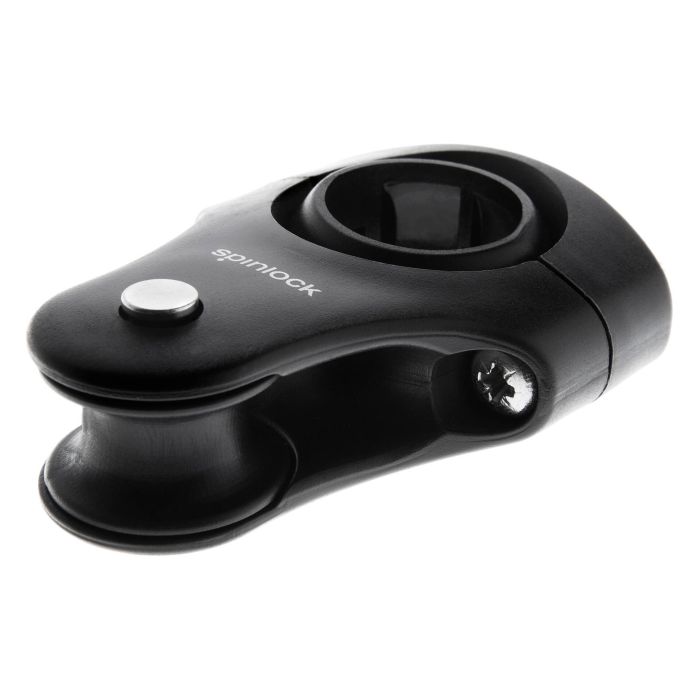
Spinlock - Bloc de Guidage Compact pour Chandelier - WL/2
57,83 $ -

Schaefer - Poulie Pivotante Verticale Série 7 - 706-62
291,04 $ -
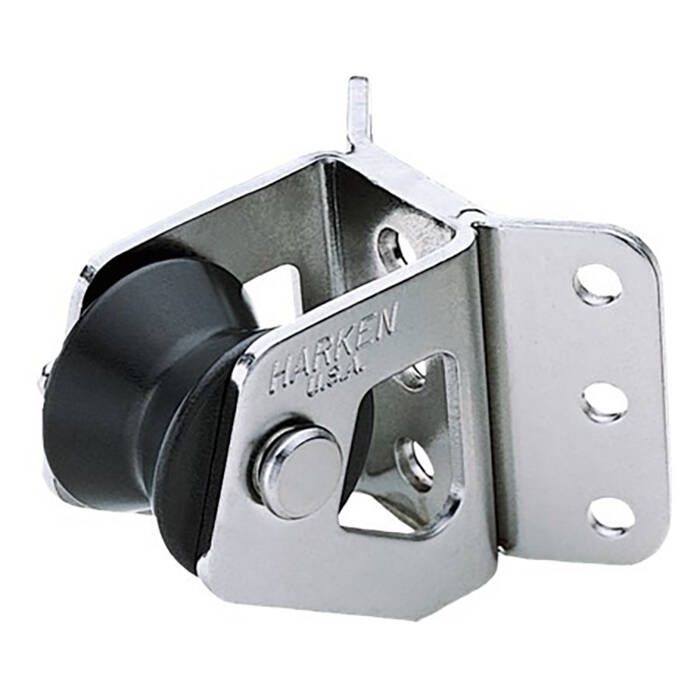
Harken - Retenue de Drisse - 31 mm (1 1/4") - 945
155,63 $ -
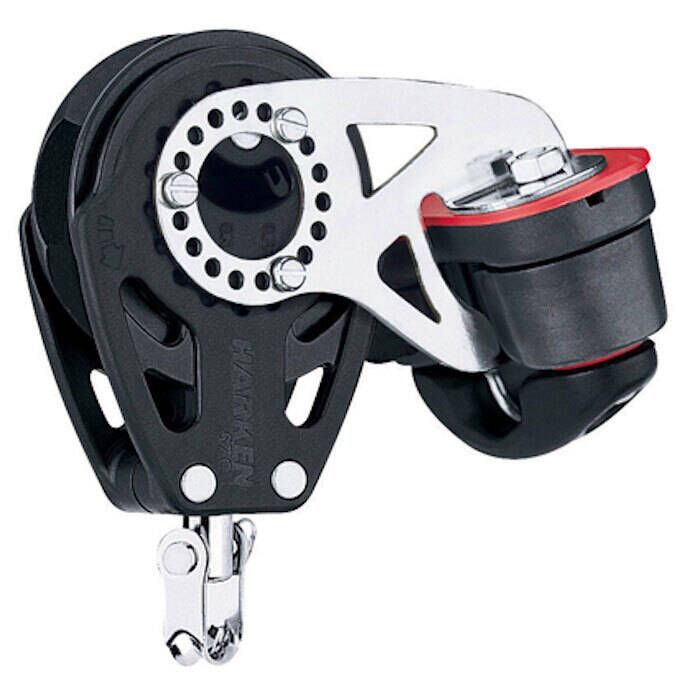
Harken - Bloc à Cliquet Carbo Air - 57 mm (2 1/4") - 2138
271,25 $ -
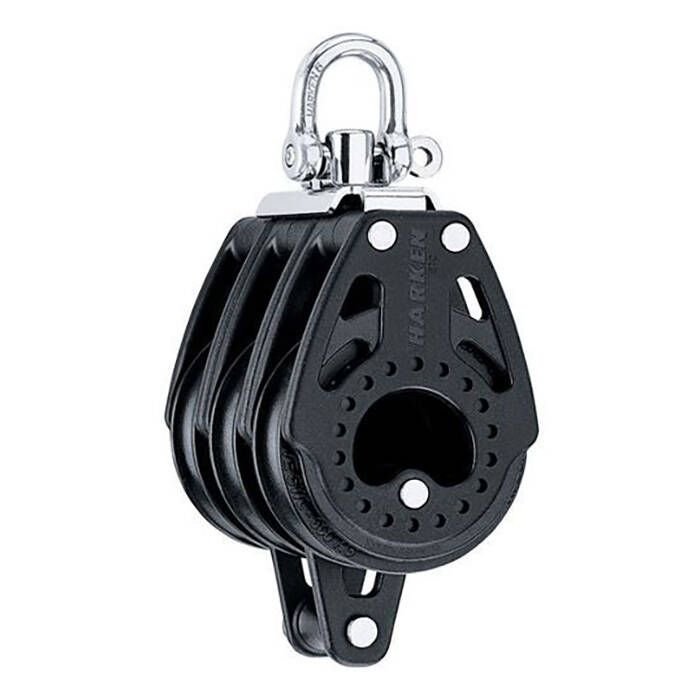
Harken - Bloc Triple Carbo Air - 57 mm (2 1/4") - 2605
245,87 $ -

Wichard - Guide-Cordage pour Chandelier - 20120
34,63 $ -
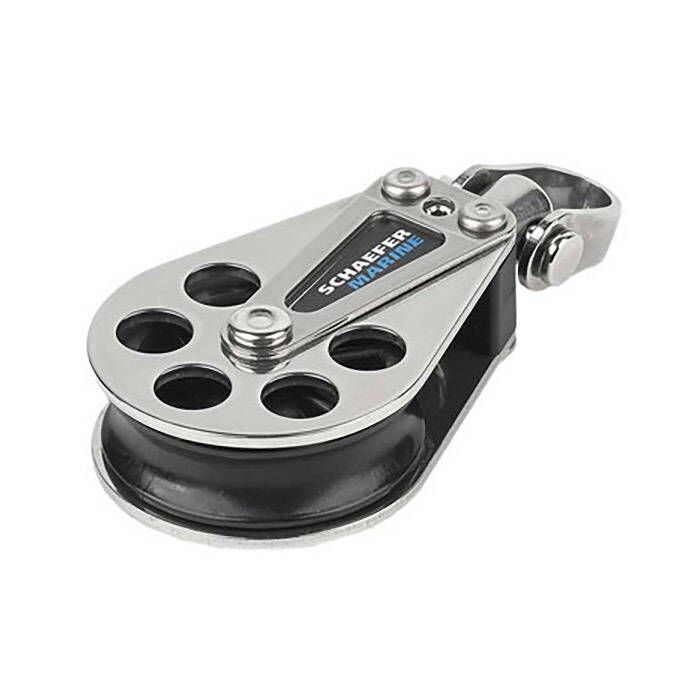
Schaefer - Poulie Série 5 - 505-05
106,33 $ -

Harken - Bloc Carbo Air - 57 mm (2 1/4") - 2602
165,50 $ -

Lewmar - Poulie Synchro - 60 mm (2 3/8")
44,29 $ - 78,13 $ -
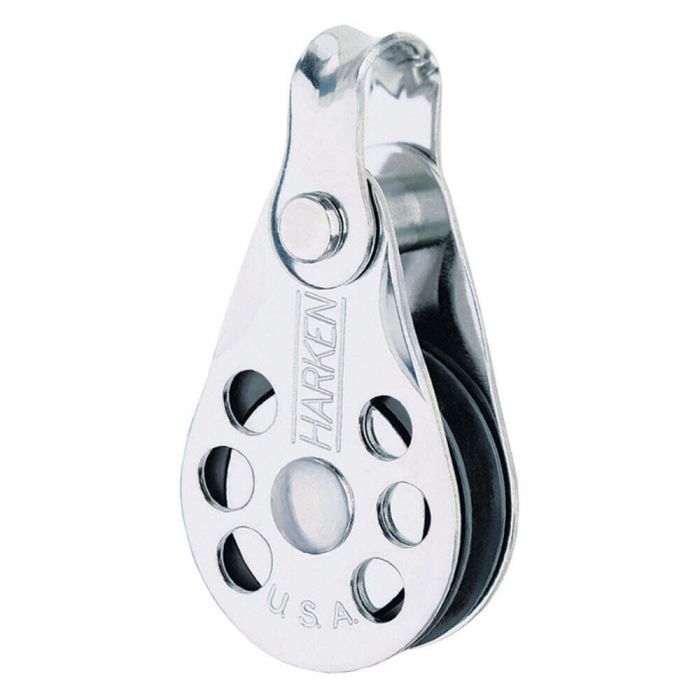
Harken - Poulie à Câble - 38 mm (1 1/2") - 304
109,10 $ -
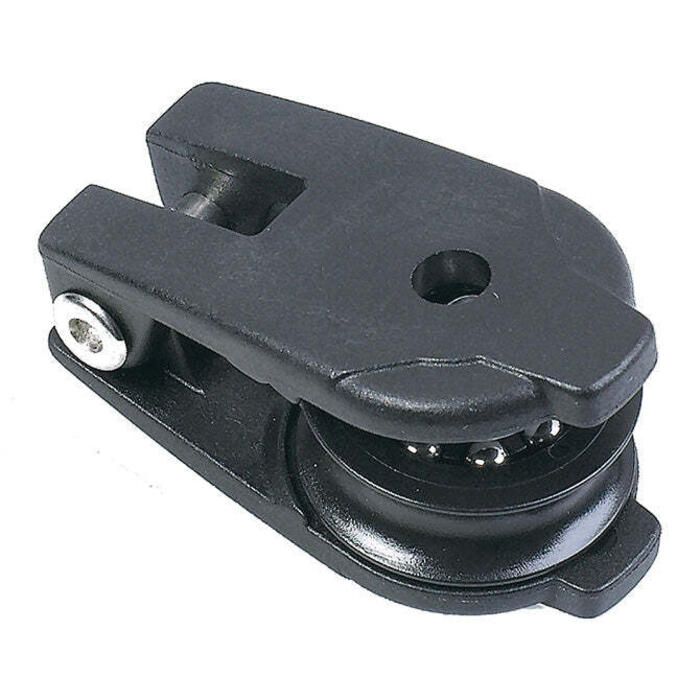
Lewmar - Poulie Ouvrante/Tweeker - 27 mm (1 1/16") - 29900240
46,15 $ -

Lewmar - Poulie de Pied Synchro - 90 mm (3 1/2")
162,73 $ - 195,16 $ -

Ronstan - Poulie Série 40 - 40 mm (1 9/16") - RF41100
35,78 $ -

Harken - Poulie Élément en Aluminium avec Émerillon - 45 mm (1 3/4") - 6230
67,01 $ -
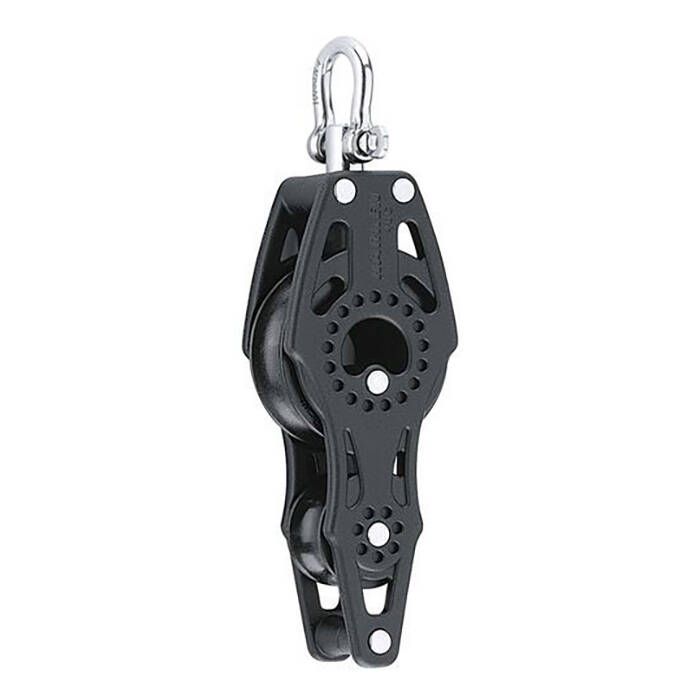
Harken - Poulie Violon Carbo Air - 57 mm (2 1/4") - 2622
103,46 $ -

Barton - Poulie Simple Taille 3
23,52 $ - 129,60 $ -
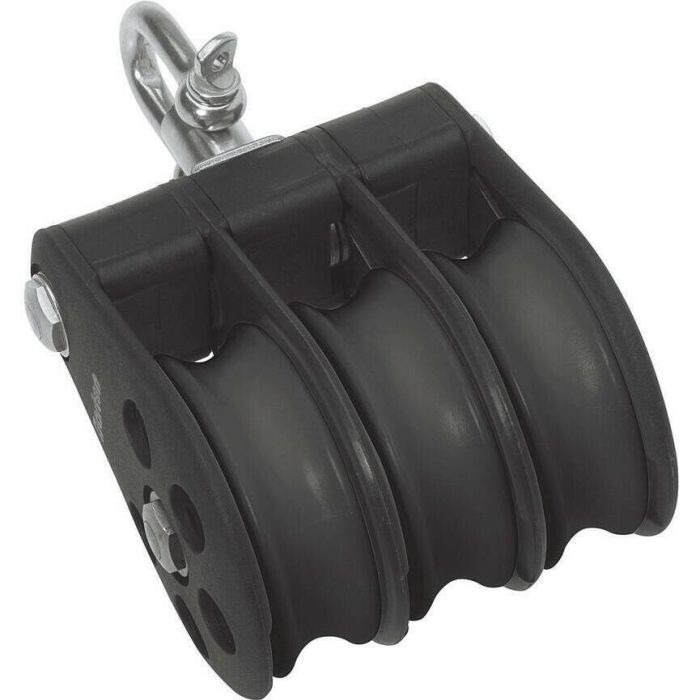
Barton - Poulie Triple à Roulement à Billes Taille 7
183,11 $ - 301,22 $ -
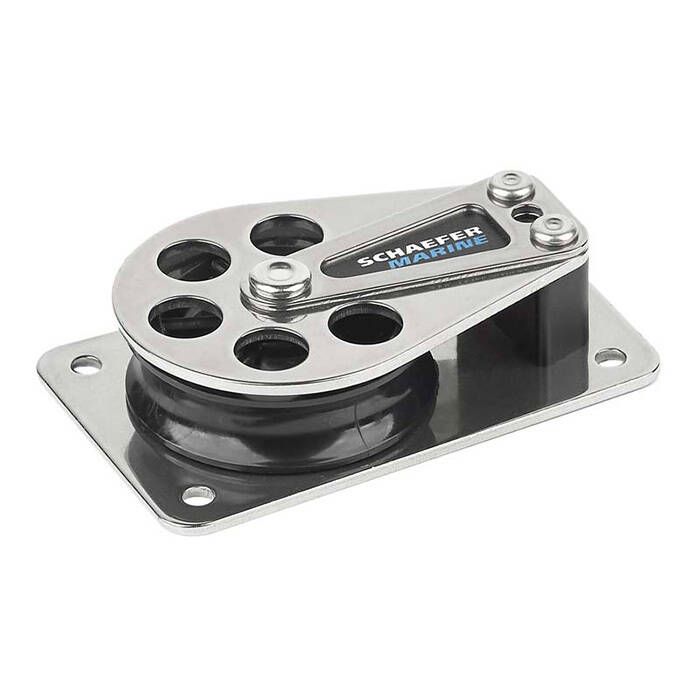
Schaefer - Poulie Latérale Série 5 - 505-11
127,48 $ -

Schaefer - Poulie Série 7 - 705-15
255,79 $ -
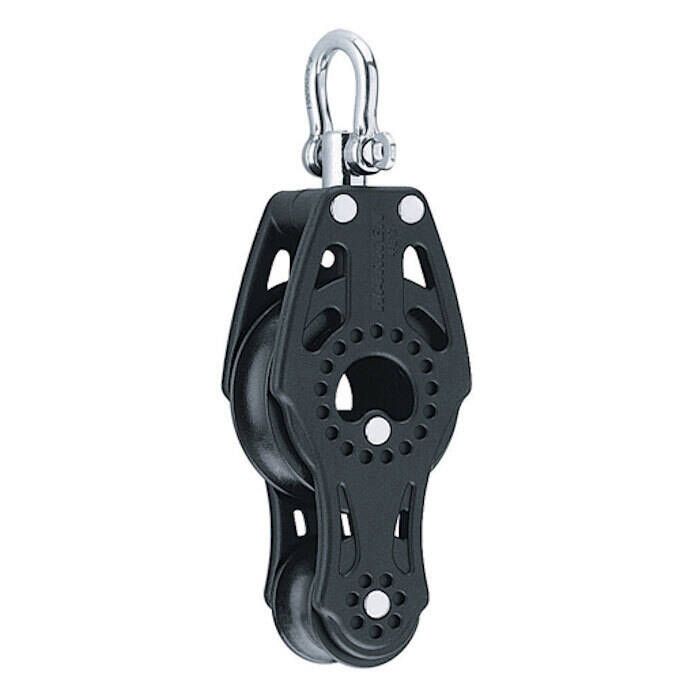
Harken - Poulie Violon Carbo Air - 75 mm (2 15/16") - 2690
162,68 $ -

Harken - Poulie Carbo Air - 29 mm (1 1/8") - 340
41,42 $ -
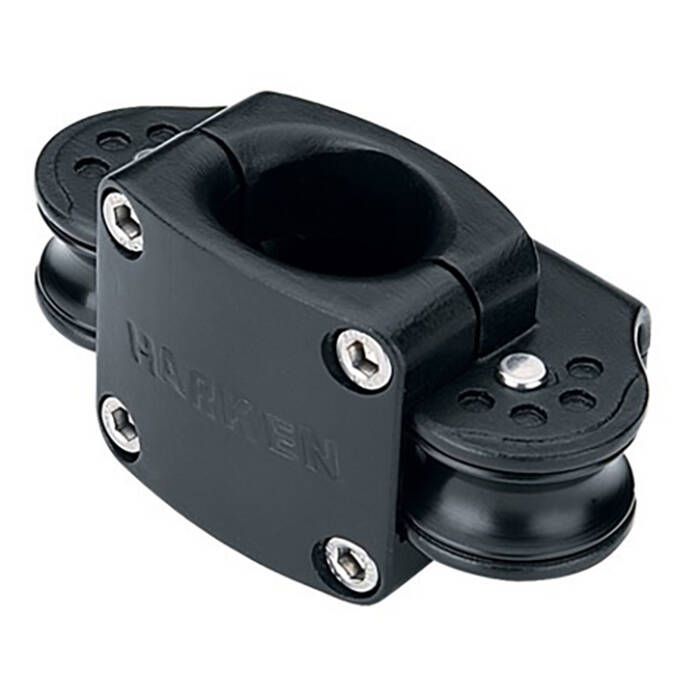
Harken - Assemblage de Bloc de Guidage Extérieur Carbo - 29 mm (1 1/8") - 7403
76,67 $ -
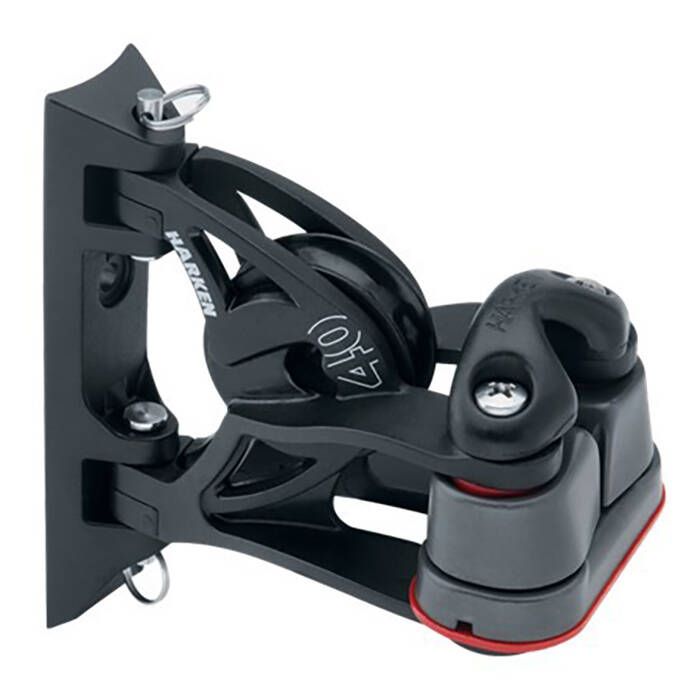
Harken - Bloc de Guidage Carbo - 40 mm (1 9/16") - 2156
124,61 $ -
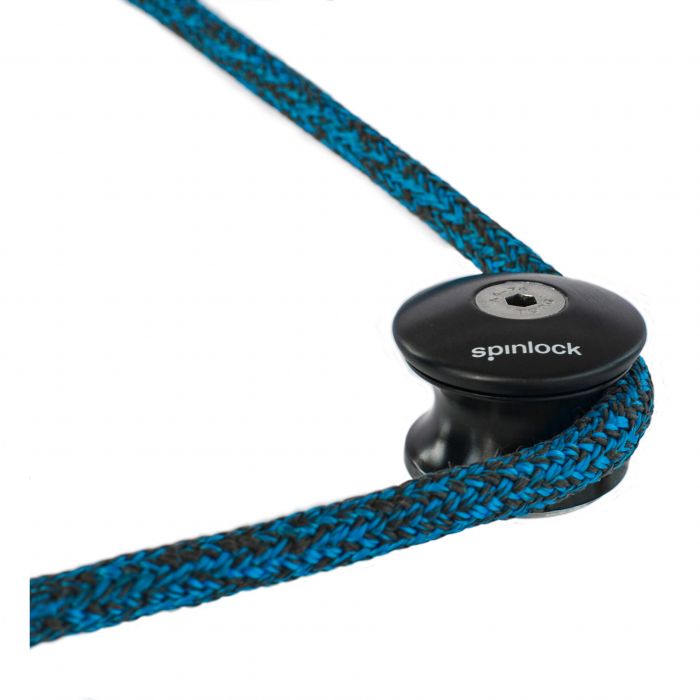
Spinlock - Organisateur de Ligne TWR
352,39 $ - 806,77 $ -
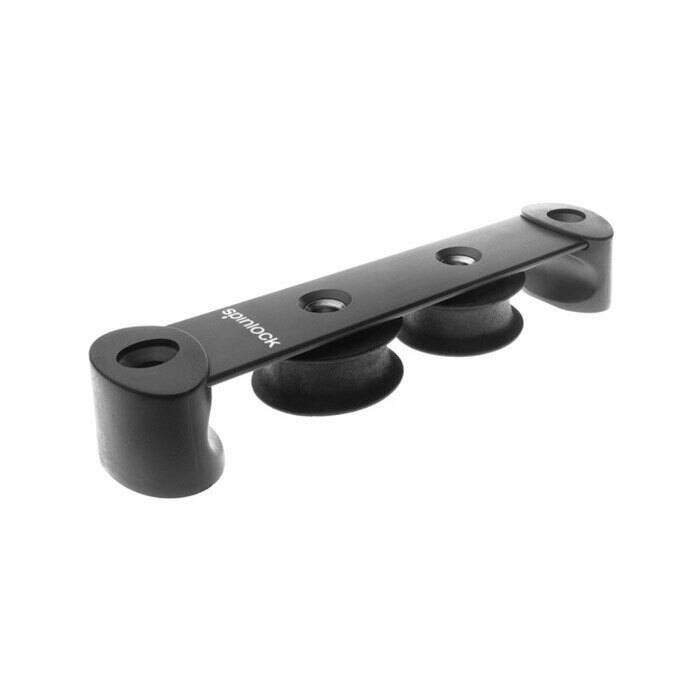
Spinlock - Organisateur de Pont T38
68,32 $ - 150,71 $ -
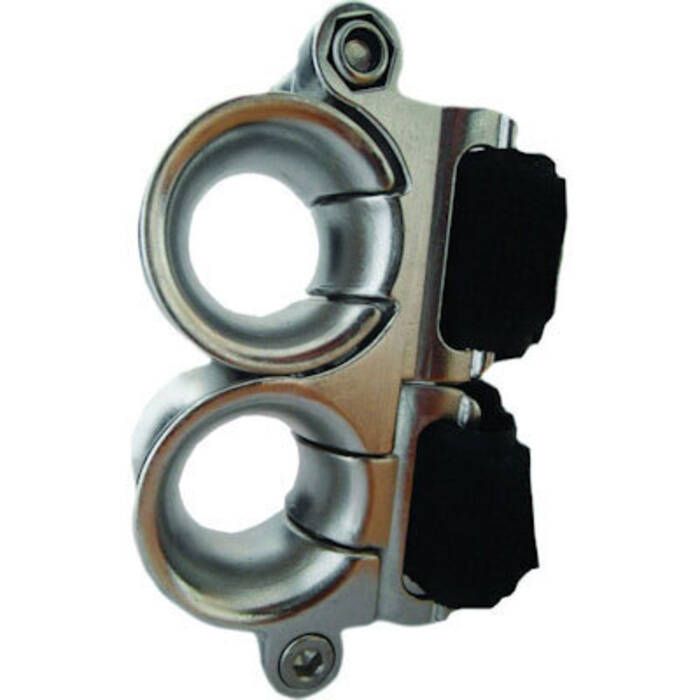
Wichard - Guide-Cordage pour Chandelier pour Ligne Continue - 20220
105,70 $ -
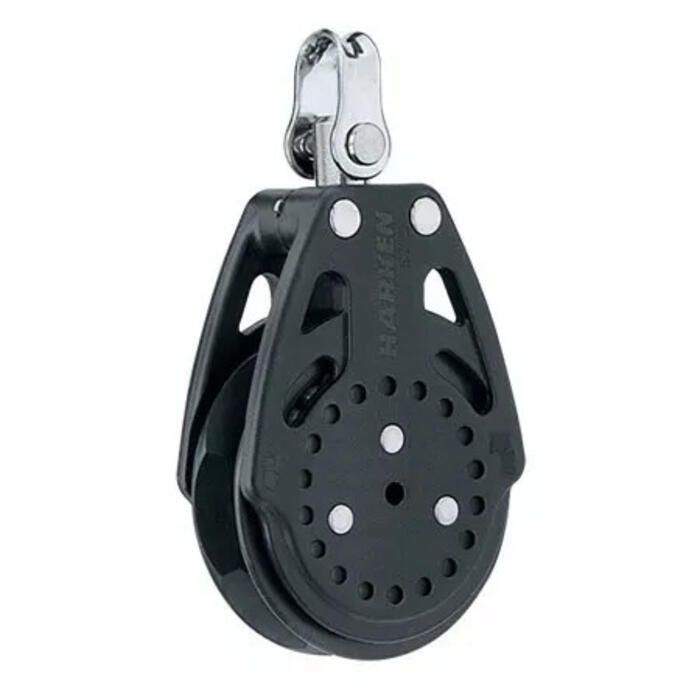
Harken - Poulie Carbo Ratchamatic - 57 mm (2 1/4") - 2625
169,73 $ -

Ronstan - Poulie Triple Orbit Série 30 - 30 mm (1 3/16") - RF35302
77,18 $ -

Schaefer - Poulie de Guidage d'Enrouleur à Pince pour Balcon - 500-35
313,60 $ -
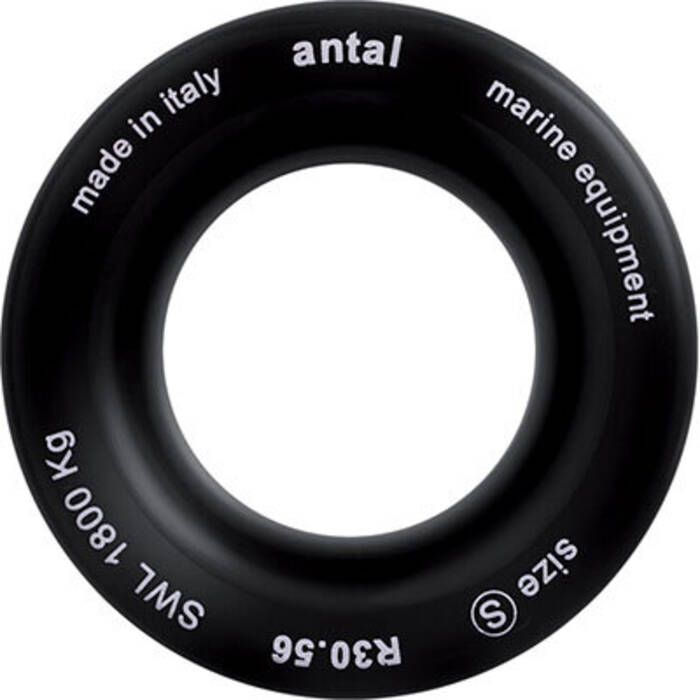
Antal - Anneau Mince Solide
48,57 $ - 108,16 $
About Poulies
Marine Blocks: Buyer’s Guide
Introduction
For avid sailors and boating enthusiasts, selecting the right marine blocks is crucial for a seamless and safe sailing experience. Marine blocks play an essential role in the efficient and effective operation of a boat's rigging system. This guide is designed to help you understand the nuances of marine blocks and make an informed decision when purchasing them.
Section 1: What Are Marine Blocks?
Marine blocks are pulleys used in the rigging of boats and ships. They facilitate the changing of direction and point of application of a force applied to a rope. In simpler terms, they are used to lift heavy loads, adjust sails, and aid in maneuvering the boat.
Types of Marine Blocks
- Single Blocks: Used for basic applications, these have one wheel and one sheave.
- Double Blocks: With two sheaves, they offer more mechanical advantage.
- Swivel Blocks: These can rotate to prevent rope twisting.
- Fiddle Blocks: Combine different sizes of sheaves in one block for versatile applications.
Section 2: Factors to Consider When Buying Marine Blocks
Material and Durability
Marine blocks are typically made from stainless steel or composite materials. The choice depends on the sailing conditions and the required strength-to-weight ratio.
Load Capacity and Size
Consider the maximum load the block will handle and ensure it matches your requirements. The size of the block should correspond with the thickness and strength of the ropes used.
Ease of Use and Maintenance
Look for blocks that are easy to install and maintain. Blocks with ball bearings offer smoother operation but may require more maintenance than plain bearing blocks.
Compatibility
Ensure the blocks are compatible with your boat’s rigging system and the type of sailing you do.
Section 3: Top Brands and Their Offerings
Harken Blocks
Known for high-quality, durable marine blocks. They offer a wide range of blocks for various sailing needs.
Lewmar Blocks
Offers a variety of blocks that balance performance and price, suitable for both casual and competitive sailors.
Ronstan Blocks
Famous for innovative designs, Ronstan’s blocks are popular among those looking for high-performance gear.
Section 4: Maintenance and Care for Marine Blocks
Regular maintenance includes cleaning, inspecting for wear and tear, and lubrication. Always follow the manufacturer’s guidelines for care and maintenance to ensure longevity and optimal performance.
Conclusion
Choosing the right marine block involves understanding your sailing needs, the types of blocks available, and the best brands in the market. With this guide, you are now equipped to make an informed decision that enhances your boating experience.
FAQs
Q: Can I use any block for any type of sailing?
A: No, it's important to choose a block based on the specific needs of your sailing activity.
Q: How often should I replace my marine blocks?
A: It depends on the usage and maintenance. Regular inspection will help you determine when a replacement is needed.


